
Anthony Singleton is a British actor whose first film was “Sapphire” in 1959 with Nigel Patrick and Michael Craig. His other films include “Beat Girl”, “The Mindbenders” and “Masquerade” in 1966.

Brittish Actors

Anthony Singleton is a British actor whose first film was “Sapphire” in 1959 with Nigel Patrick and Michael Craig. His other films include “Beat Girl”, “The Mindbenders” and “Masquerade” in 1966.
Annette Badland was born in 1950 in Birmingham. She is a terrific actress who has distinguished each film and television show she has been in. She was part of the cast of “Bergerac”. Her films include “Jabberwocky” in 1977 and “Little Voice” in 1998.
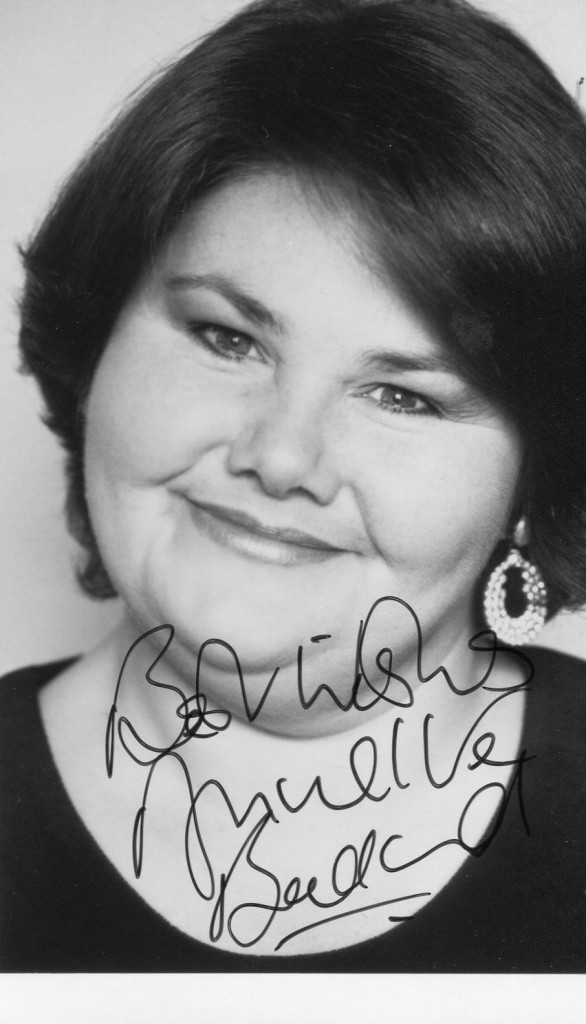

Barbara Knox is one of the stalwart’s of the long running “Coronation Street”. She first made her appearance there as Rita Littlewood in 1964. She was featured in the 1969 remake of “Goodbye Mr Chips”,





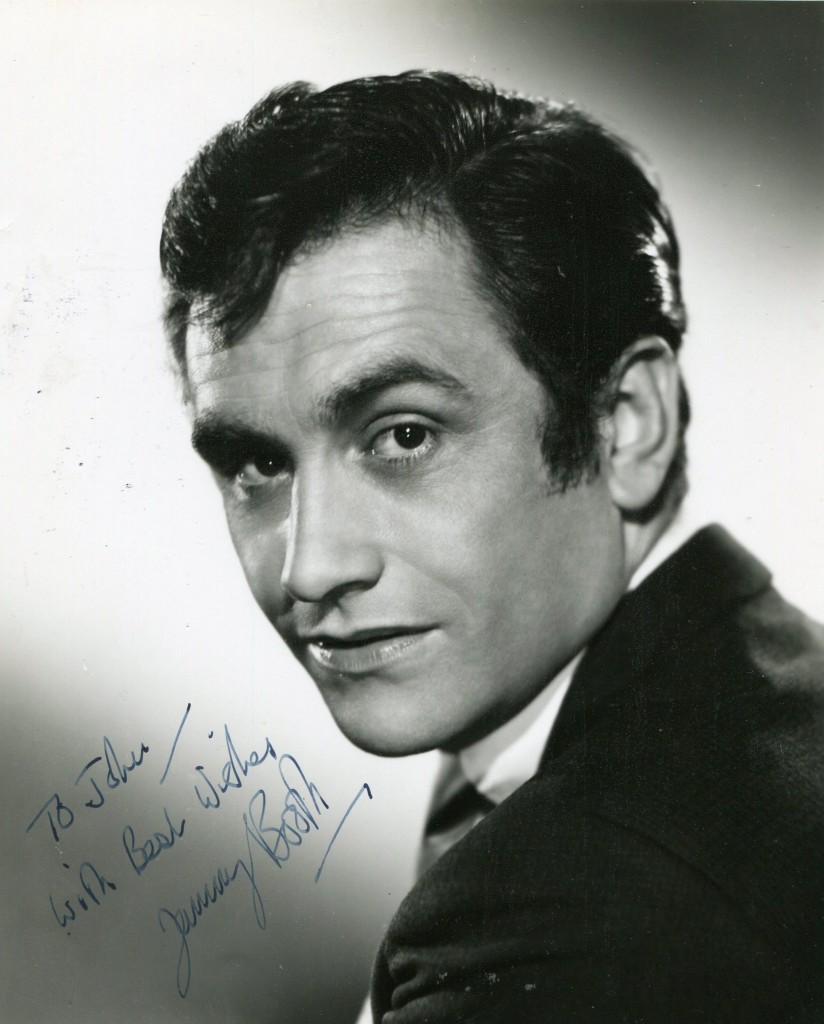
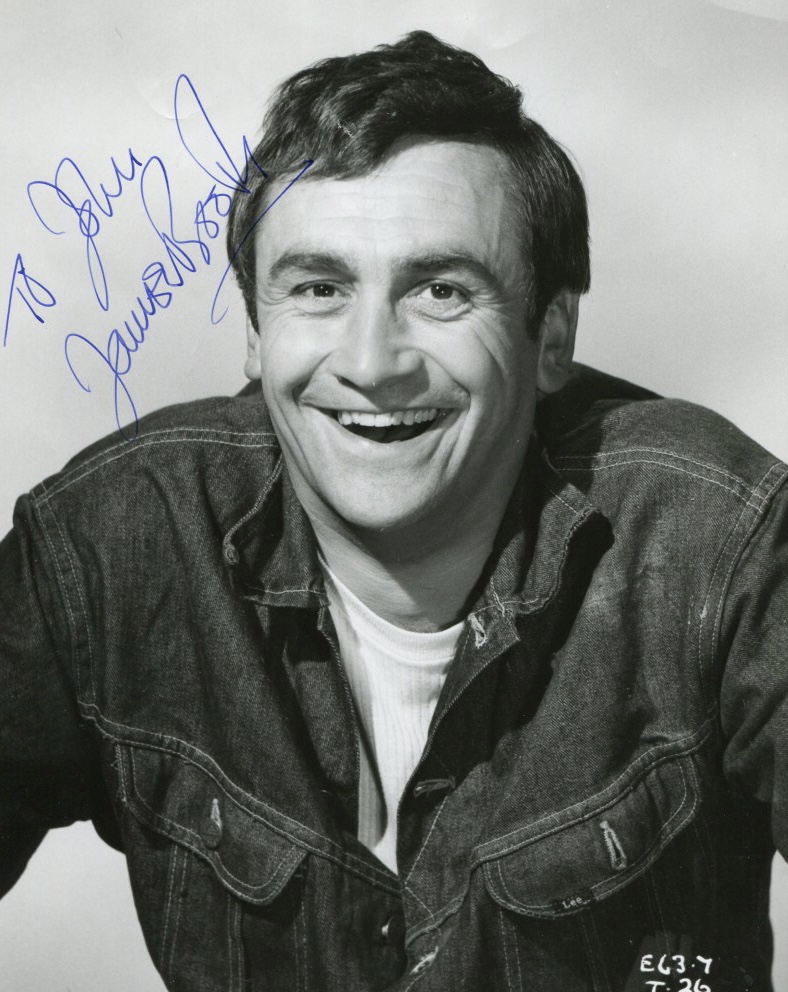
James Booth was born in 1927 in Croydon, Surrey. His movie debut came in 1956 in “The Narrowing Circle”. In 1960 he gained favourable reviews for his role in “The Trials of Oscar Wlde” as Alfred Wood. In 1963 he won the leading role opposite Barbara Windsor in Joan Littlewood’s “Sparrrows Can’t Sing”.
He then had a series of leading roles in such films as “Robbery” with Stanley Baker and “The Bliss of Mrs Blossom” with Shirley MacLaine. He went to Hollywood to continue his career. Towards the end of his life he returned to England. His last film was “Keeping Mum” in 2005, the year he died at the age of 78.
His “Guardian” obituary by Eric Shorter:
It was amid the social and political upheavals of the postwar British drama – Joan Littlewood’s Theatre Workshop at Stratford East, George Devine at the Royal Court and Peter Hall in London and at Stratford-on-Avon – that James Booth, the character actor who has died at 77, burst on the scene.
Booth seemed to excite the theatre like a fountain of high spirits, with his cockney voice and his mischievous way of expressing himself, sometimes teasing, sometimes truly.
He appeared to conquer whatever he touched, and being at Theatre Workshop the plays could be difficult. Whether old Spanish marital discord in Celestina; Shavian argument (The Man Of Destiny), Irish high farce (Brendan Behan’s The Hostage), low English musical (Fings Ain’t Wot They Used T’Be) or Dickens’ sentiment A Christmas Carol, they were a challenge to a small and largely untrained troupe.
But Booth’s manner with an audience, which he took into his confidence, was so personal. It proved the same in Royal Court revivals of the old British jokes, Box And Cox, or the European ironies of The Fire Raisers, or the call-up humour of Henry Livings’ Nil Carborundum at the Arts. The reason for Booth’s success lay simply with his personality.
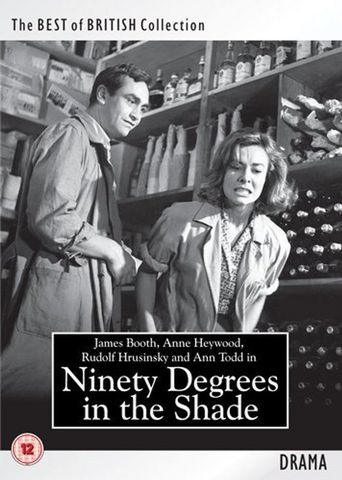
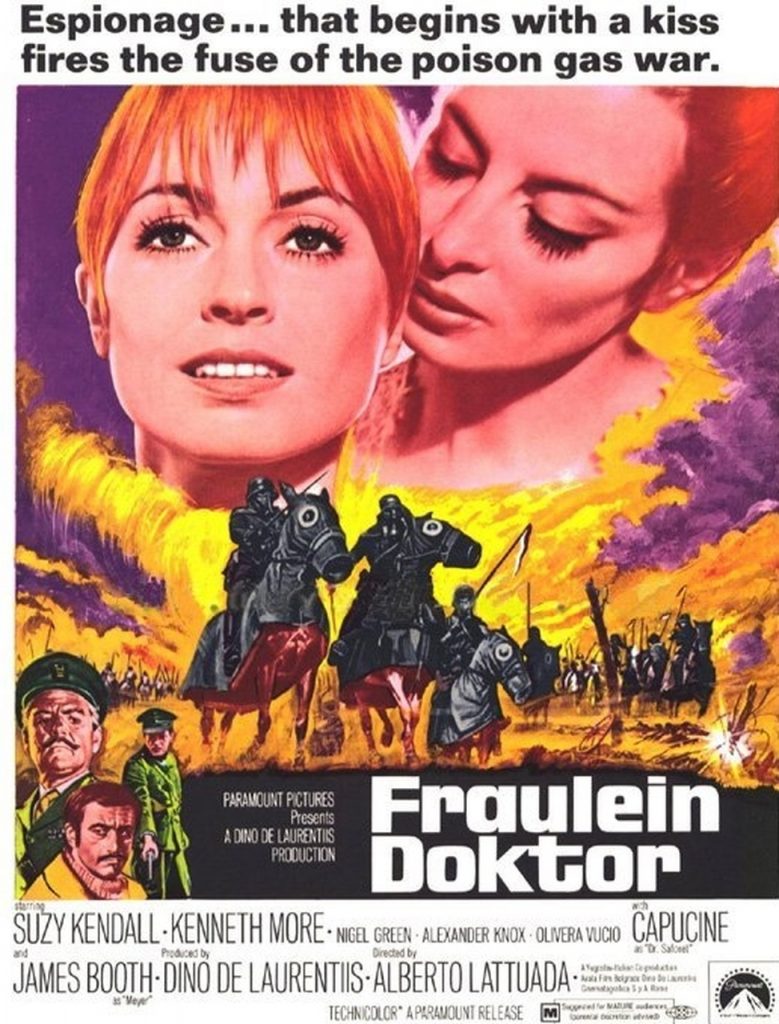
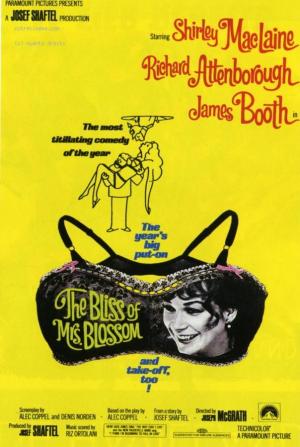
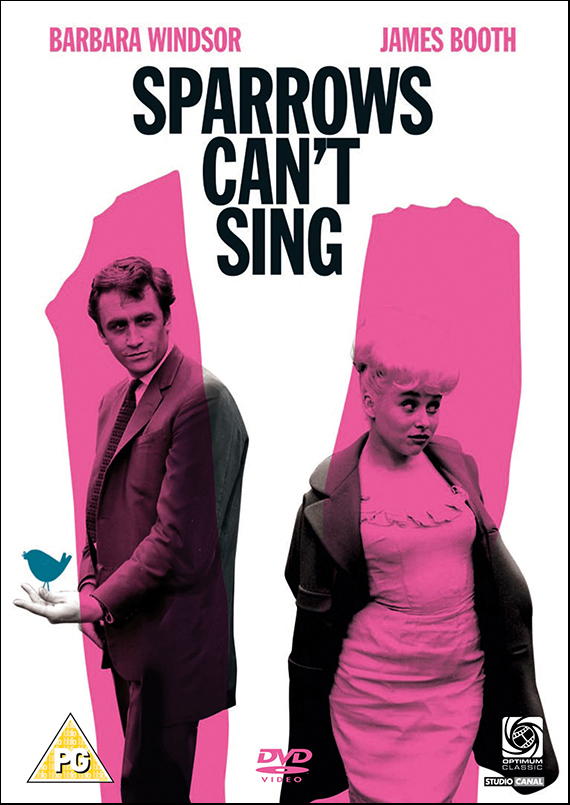
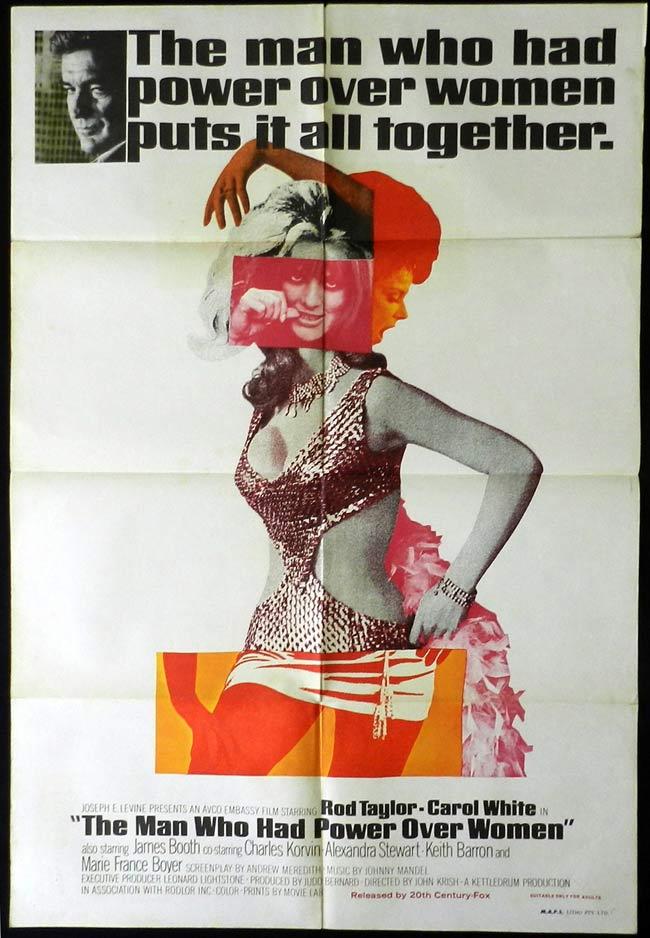
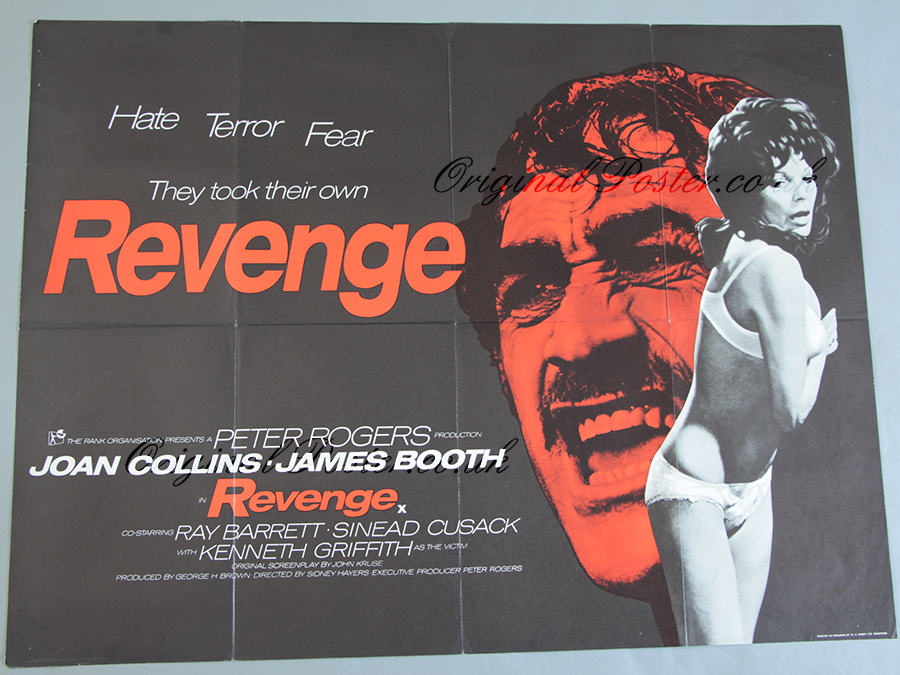
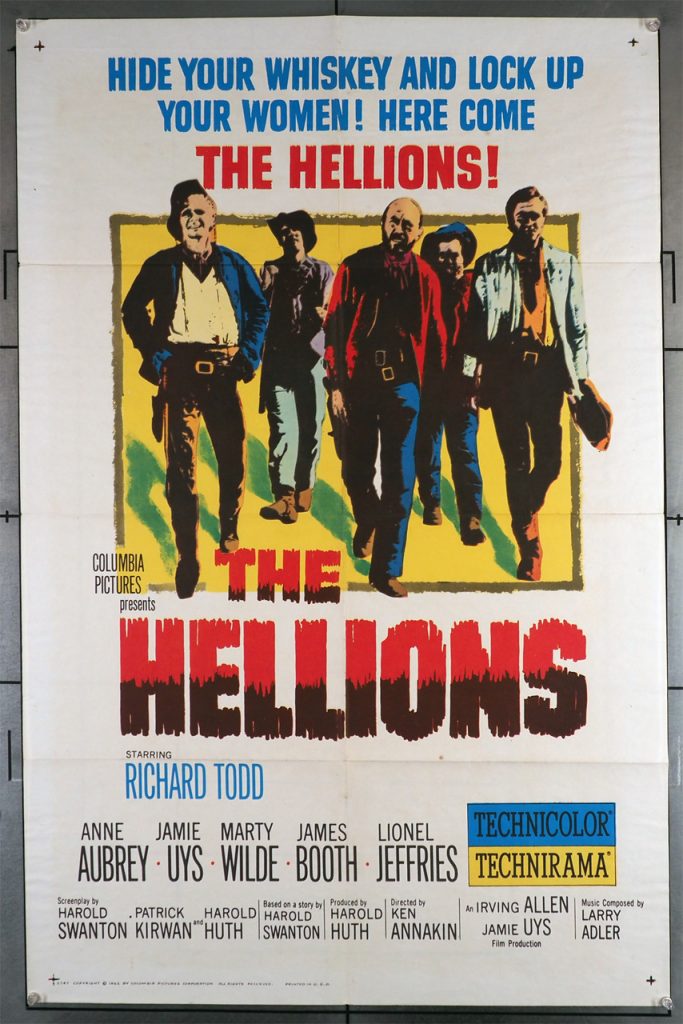
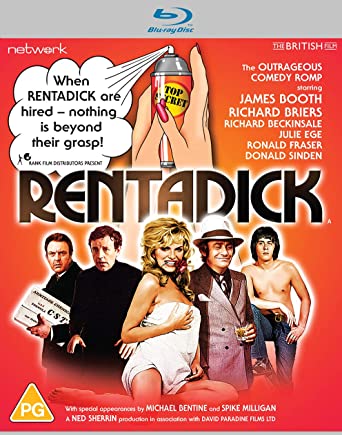
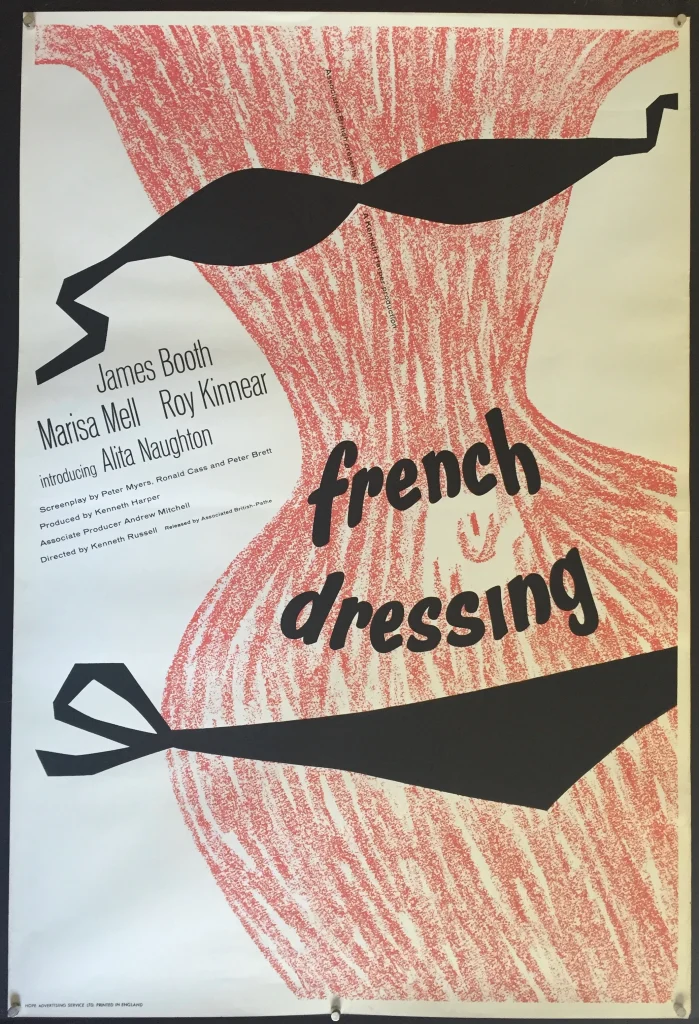
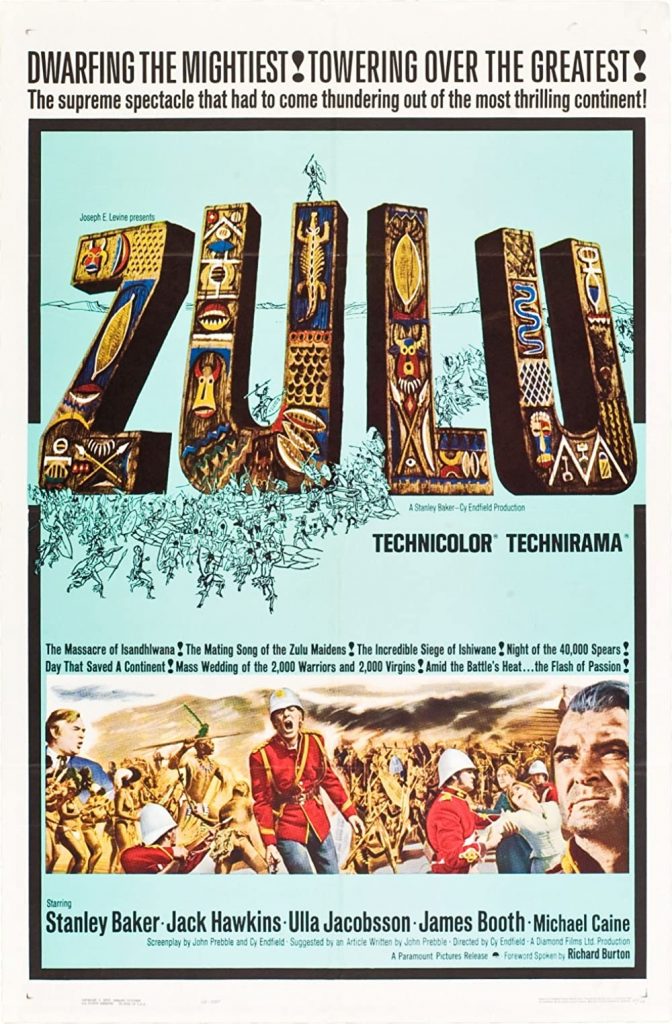
His height also helped. He would loom over the footlights with a commandingly wide grin. And his unpretentious manner added to the ease with which these early performances were accepted.
Yet Booth was hardly experienced as an actor. After two years at the Royal Academy of Dramatic Art he did eight Shakespeare plays as an Old Vic sword carrier before joining Theatre Workshop at Stratford East. And as Tosher, the lead, in Lionel Bart and Frank Norman’s cockney musical, Fings Ain’t Wot They Used T’Be (a Stratford transfer that had a long West End run), Booth landed one of his richest roles in 1959.
In 1962 he was in two plays at the Royal Shakespeare Company. Critic Kenneth Tynan reckoned that, for him, The Comedy Of Errors, directed by Clifford Williams, gave the company its first sign of “a house style”.
In Peter Brook’s production of King Lear, the arch-villain Edmund was perhaps literally beyond Booth’s technical reach in arguing the difference between Regan and Goneril. At any rate his treatment of Shakespeare’s verse defeated Tynan. His tangled liaisons struck the critic as handling the verse “with the finesse of a gloved pugilist picking up pins.”
Joan Littlewood remarked of Booth at the time: “At all hours you’d find him propping up the bar; a cynical, witty, impossible character, lanky and agile, with his own peculiar life, and acting.” Booth stood for the rebellious spirit of the age, its attitude to middle-class authority, and his nasal speech and clownish instinct usually put him on what he himself would have rated matey terms with his audience – if not the critics. And by failing to regard Shakespeare or Pinter, Behan or Livings, as cherished text, he was being himself.
After another spell with Littlewood as a cheery cockney Robin Hood in her ill-fated staging of a West End musical, Twang!, Booth returned to the classics, though he seemed a far from classical actor. He played Face in Ben Jonson’s The Alchemist at Chichester, Osip in Gogol’s The Government Inspector for the Welsh Drama Company and Archie Rice in John Osborne’s The Entertainer.
In 1974, he played Chief Supt Craddock in Ken Hill’s Gentleman Prefer Anything, the last of his shows at Stratford East. He returned to the RSC the following year, and appeared in Measure For Measure and David Rudkin’s Afore Night Come. He then went to the United States, and was James Joyce in the Broadway production of the RSC’s Travesties by Tom Stoppard. Booth then stayed in the US, writing film and television scripts.
Booth’s films included Littlewood’s screen version of Stephen Lewis’s Sparrers Can’t Sing (1962), opposite Barbara Windsor, Alfred Wood in The Trials Of Oscar Wilde (1960); Ken Russell’s French Dressing and, playing Private Henry Hook, Zulu (both 1964). He was a Scotland Yard inspector in Robbery (1967) and Shirley MacLaine’s secret lover in The Bliss Of Mrs Blossom (1968).

On television he featured in such shows as Minder (1985), Auf Wiedersehen, Pet (1986) and Bergerac (1990), he also played the ex-convict Ernie Niles in David Lynch’s Twin Peaks (1990).
Born David Geeves-Booth at Croydon, Surrey the son of a probation officer, Booth quit Southend Grammar School at 17 and joined the army, and left with the rank of captain. He was interested in amateur dramatics and, while working for a mining company, he won a place at RADA at 24. Albert Finney, Peter O’Toole, Alan Bates and Richard Harris were his fellow students.
· Booth married Paula Delaney in 1960. They had two sons and two daughters. James Booth (David Geeves-Booth), actor, born December 19 1927; died August 11 2005The avove “Guardian” obituary can also be accessed online here.

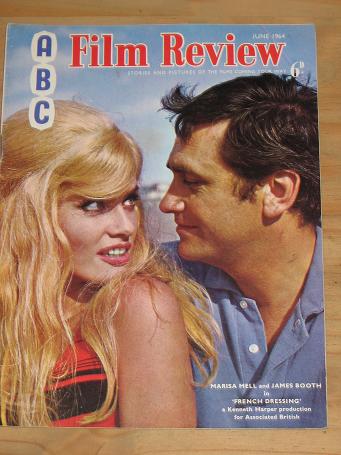
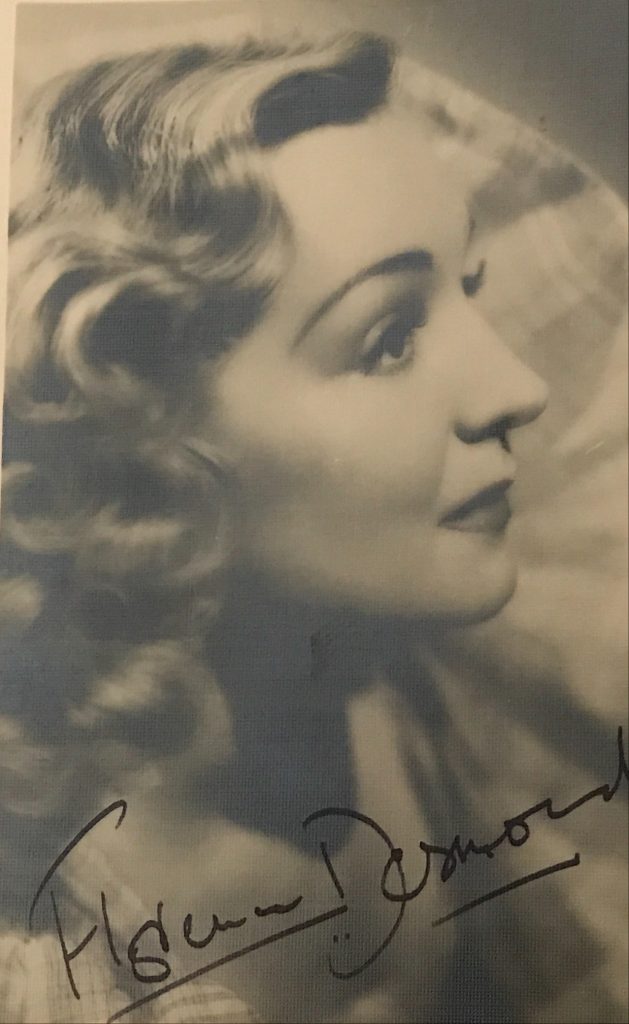
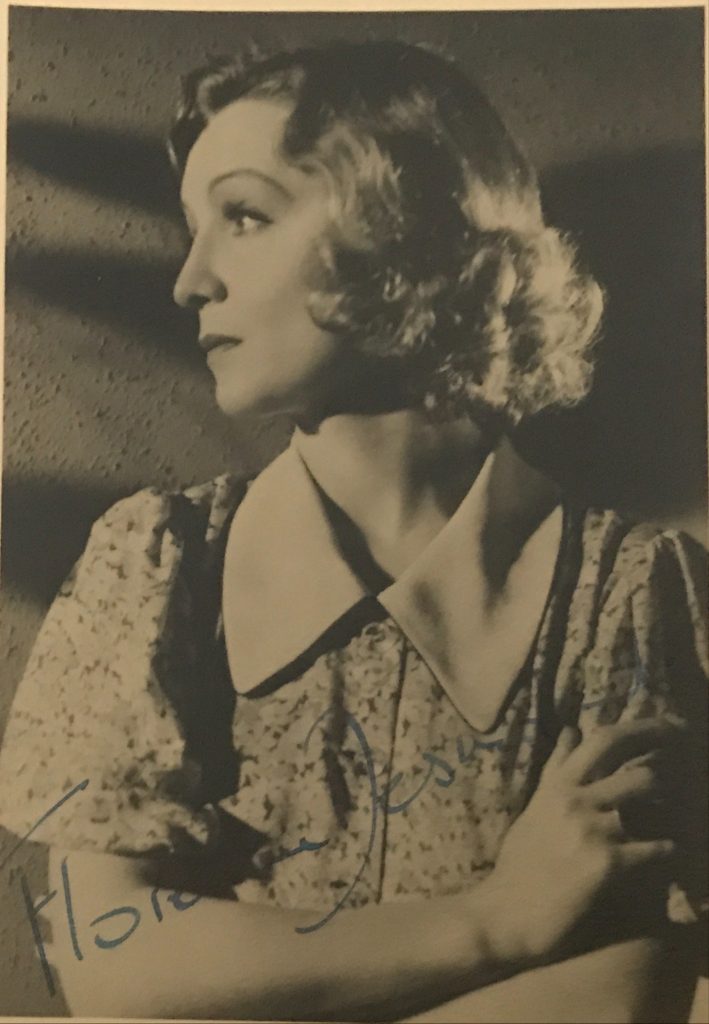

Florence Desmond was born in London in 1905. She was known prinarily for her stage performances but she did star also in films. Her first film in 1930 was “The Road to Fortune”. She made a film in Hollywood. Her last film was “Some Girls Do” in 1969. Florence Desmond died in 1993.
Her “Independent” obituary:
Florence Desmond certainly tackled the easy ones – Bette Davis, Marlene Dietrich, Katharine Hepburn, Greta Garbo – but it was with a satirical talent which other impersonators lack. She could draw a whole portrait with just a few strokes. I was delighted to come across her some years ago at the National Film Theatre in a Will Rogers vehicle, Mr Skitch. She played an English actress called Florence Desmond whom Rogers and family encounter in a trailer-park. She was on her way to Hollywood, she said, hoping to break into movies as an impersonator – and she did a stunningly accurate and funny Garbo and Zazu Pitts. The film was made in 1933, and she was in it because someone at Fox had seen her on the London stage.
She had already appeared in New York. She had started her career as a child dancer at the age of 10. Just out of her twenties she was appearing solo and in cabaret with Naunton Wayne. In 1928 she appeared in the Cochran revue This Year of Grace, written by Noel Coward, and she went with it when Coward and Beatrice Lillie took it to New York, understudying Lillie and performing ‘Dance, Little Lady’ with Coward. Over the next dozen or so years she consolidated her position as one of the brightest stars of the London stage, also appearing in variety and doing several stints as principal boy in pantomime. She was among the stars of the Royal Variety shows of 1937 and 1951.
Eventually it had become clear that while she was equally efficient as singer or dancer she was unique as an impersonator. It was in that capacity that she took New York by storm in what was said to be her debut there, at The Blue Angel night-club in 1946. The New York World-Telegram noted that ‘(Her) name is as much a household word in England as Gracie Fields’ or Beatrice Lillie’s’ – names advisedly chosen since these were two of her most brilliant impressions. After only three days her engagement was doubled. What she did then was what she did in her music-hall act – play all the guests at a Hollywood party. She moved from one to the other, using the minimum of props – gloves, a scarf – and miming drinking, smoking or the removal of glasses. She was as witty as she was accurate. As James Gavin says in his book on the clubs of that era,
Her most celebrated impression was of Hildegarde. Desmond entered with an armful of dying zinnias, which she dumped on the piano as she took her place on the bench. Lowering her head with a perplexed look, she found enough correct keys to approximate a Rachmaninoff prelude. Then scooping up some crumbling flowers, she stepped to ringside and smiled at an elderly man seated with his wife: ‘Tell me, the man in the grey flannel suit, are you in love?’.
I saw Hildegarde on the stage for the first time just two years ago, but have known her since childhood because of Desmond; 50 years I had waited to see Hildegarde pull off her elbow-length gloves the way Desmond did. There was neither ridicule nor malice in Desmond’s art – though I will make one exception, her job on Elisabeth Bergner in the 1940 Max Miller movie, Hoots Mon] She exaggerated that lady’s affectations, already too much, so that had Bergner seen them she would have retired on the spot. In that film she also did Cicely Courtneidge (just before her appearance at The Blue Angel she had taken over from Courtneidge in the musical Under the Counter), Davis specifically in Jezebel and Syd Walker. She wasn’t afraid to take on the men, and did a delicious parody of Noel Coward and Gertrude Lawrence in Private Lives.
But she was mainly affectionate. In 1948 a packed house at the Palladium was waiting to see Betty Hutton, heading the bill and making a sensational success of it. Desmond closed the first half offering, as we expected, her Hollywood party. Suddenly and audaciously she changed herself into Hutton, something a lesser artist would never have dared or got away with. But that was why we cherished her: not for the Hepburns and Tallulah Bankheads, but for those the others never attempted – Claudette Colbert, Barbara Stanwyck, Myrna Loy.
Even so she was simply too good an actress and comedienne to limit herself. ATP – the forerunner of Ealing – cast her as George Formby’s leading lady in his first important movie, No Limit (1935), and again in Keep Your Seats Please] (1936). Also in 1936 she played a temperamental French singer in Accused, with Douglas Fairbanks Jnr – so temperamental, in fact, that she gets murdered in reel two. After a long absence from the cinema she played a serious role in Three Came Home (1950), produced and written from Agnes Newton Keith’s autobiographical book by Nunnally Johnson and directed by Jean Negulesco. Keith was played without glamour by Claudette Colbert, and Desmond made a handsome contribution as her best friend in the internment camp.
After her debut at the Blue Angel, Desmond was as much in demand in the US as in Britain. She was one of the handful of cabaret performers to be seen time and again – unlike, say, Marlene Dietrich – because she was very funny and seldom the same twice. The golden age of the New York night-club ended, if not as quickly and decisively as the British music hall. Desmond appeared occasionally on television for a while. In 1952 she was in a play at the Comedy, The Apples of Eve, in fact taking on seven different roles. A little later her name disappeared from the trade reference books. We supposed she had retired, which she confirmed in a radio interview only about five years ago. Yes, she said, she was happily married and she had nothing to prove to anybody any more.
Apart from two late film appearances – Charley Moon (1956) and Some Girls Do (1958) – she came out of retirement just once, in 1958, to appear in Auntie Mame, at the Adelphi, opposite Beatrice Lillie’s Mame, as her friend and rival Vera Charles. Doubtless she was paid a small fortune to do so, since, by Coward’s own account, Lillie was so undisciplined in 1928 that he wanted ‘to wring her neck’ and she didn’t improve with the years. This was noticeable on stage, if hilariously so, but she was more precise in her scenes with the needle-sharp Desmond.
The above “Independent” obituary can be accessed online here.
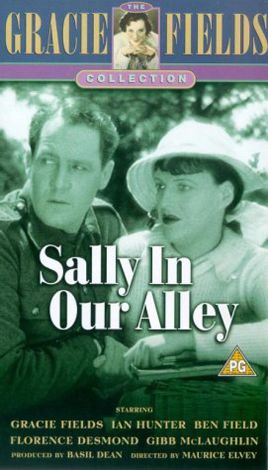
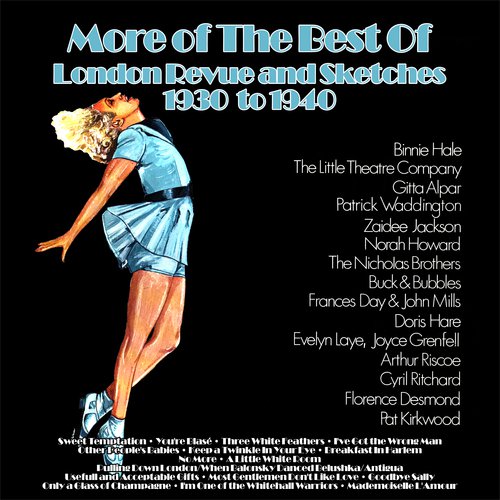

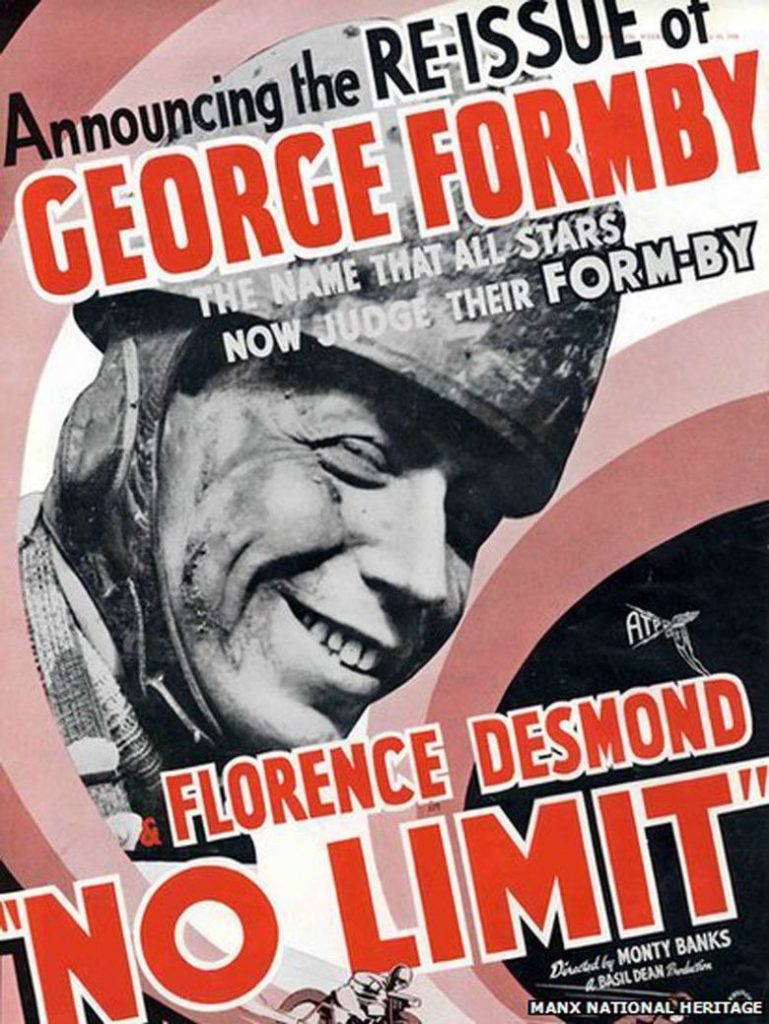
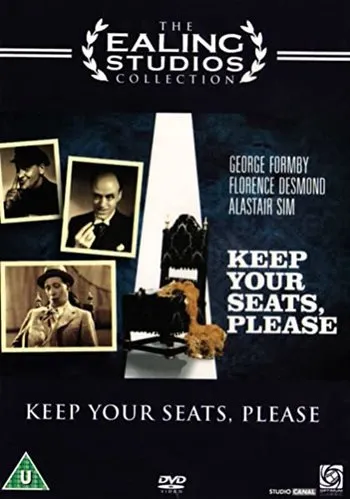
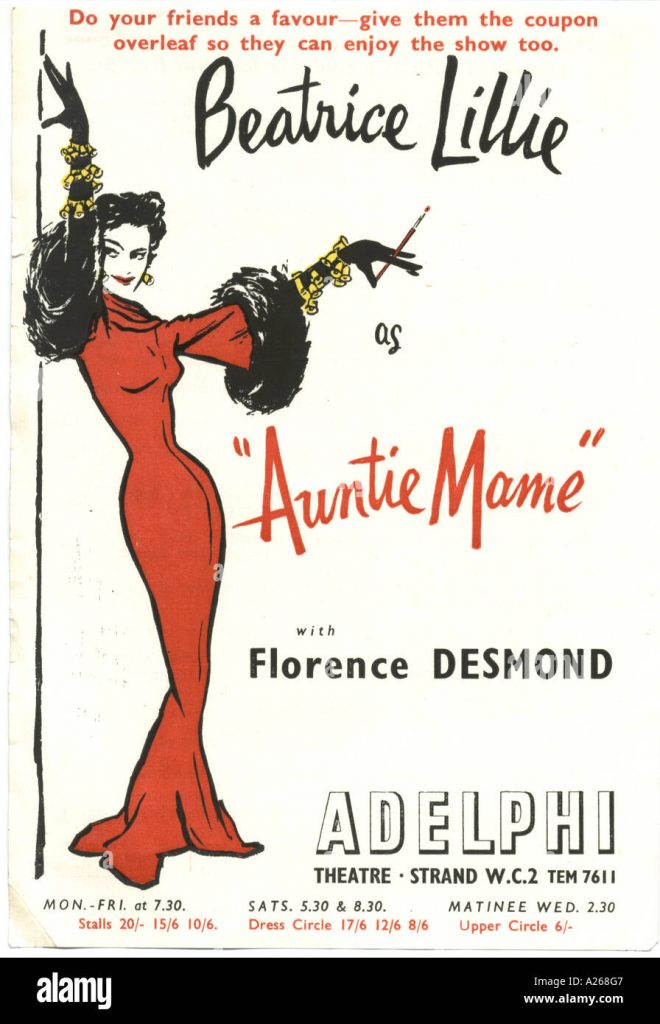

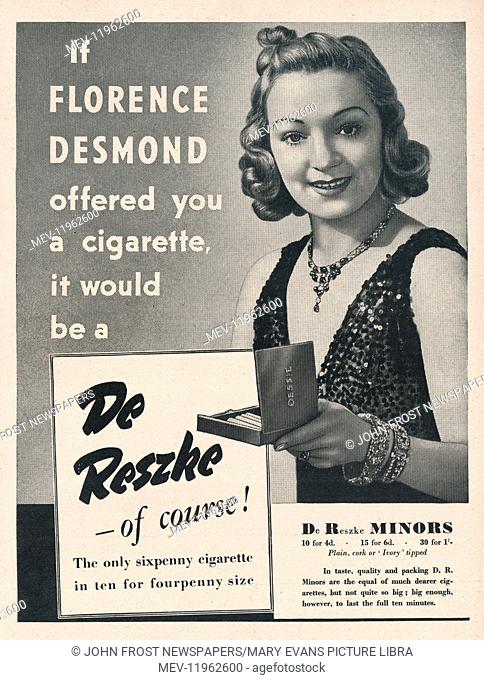

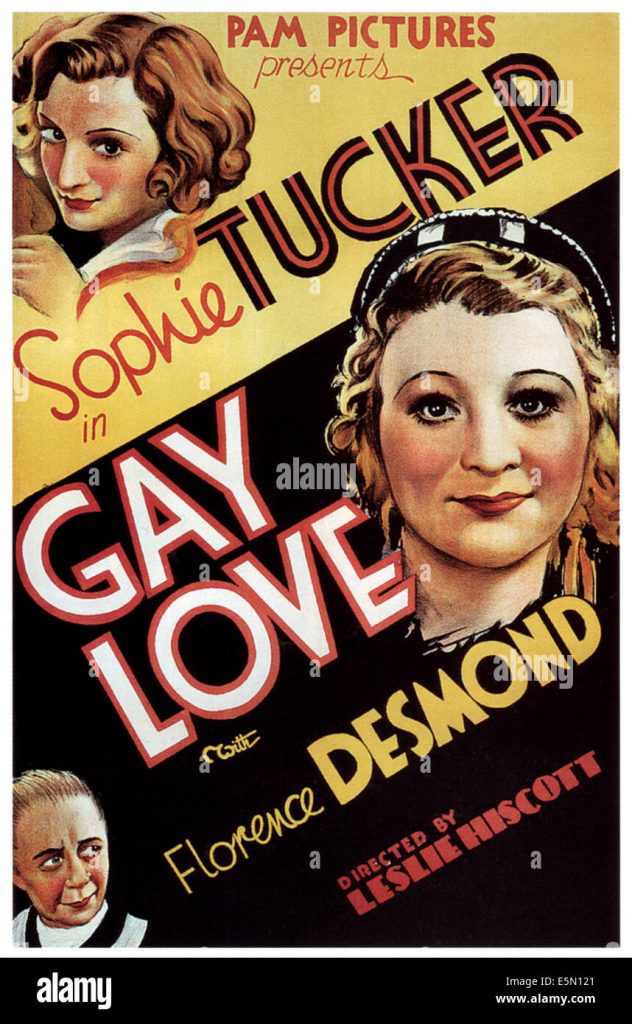



Dinah Sheridan played elegant, well-bred English women in many routine films before Genevieve allowed her to be funny and made her a star. With her career at its height she gave up acting to marry John Davis of the Rank Organisation, but returned in the 1960s, still elegant, as a character actress.
With her blonde hair and green eyes she was seen as the prototypical English rose, but she was the daughter of a Russian father and German mother who had settled in England after the First World War. Her parents were photographers talented enough to secure commissions from the Royal Family.
She was born in Hampstead in 1920 and her real name was Dinah Nadyejda Mec. After overcoming tuberculosis, which blighted her childhood, she trained at the Italia Conti stage school, picked the name Sheridan out of the telephone directory and made her stage debut in Where the Rainbow Ends at the Holborn Empire at the age of 12.
At 14 she played Wendy in Peter Pan, in a touring production with Jean Forbes-Robertson as Peter. Two years later she played Peter at the Shakespeare Memorial Theatre in Stratford and became the first actress to take the two roles. She later reverted to Wendy opposite Elsa Lanchester’s Peter and in 1940 recorded Wendy on disc for HMV.


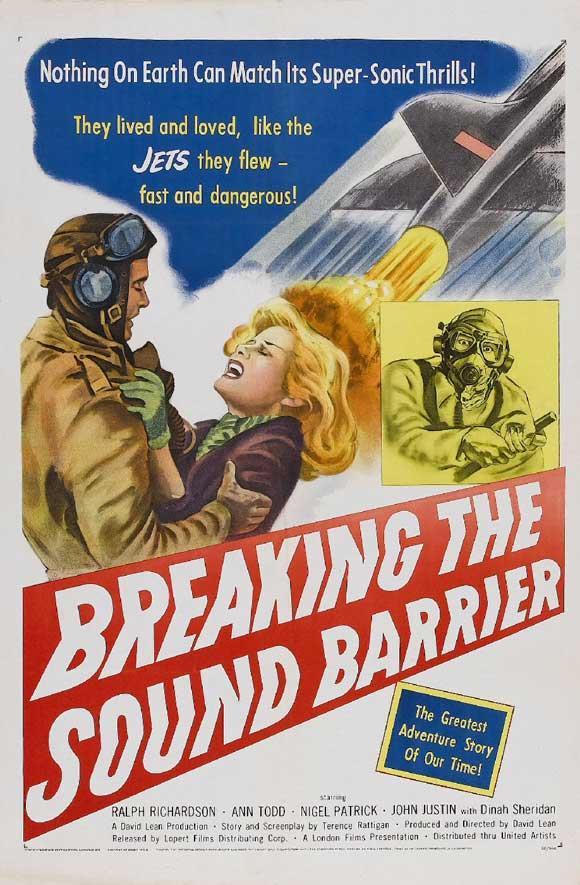




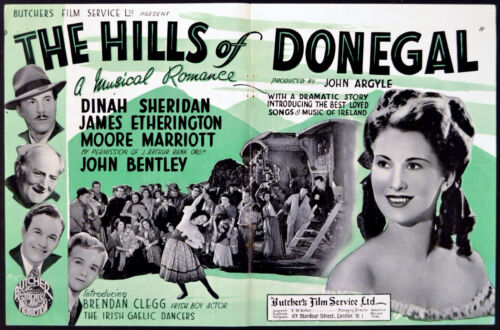




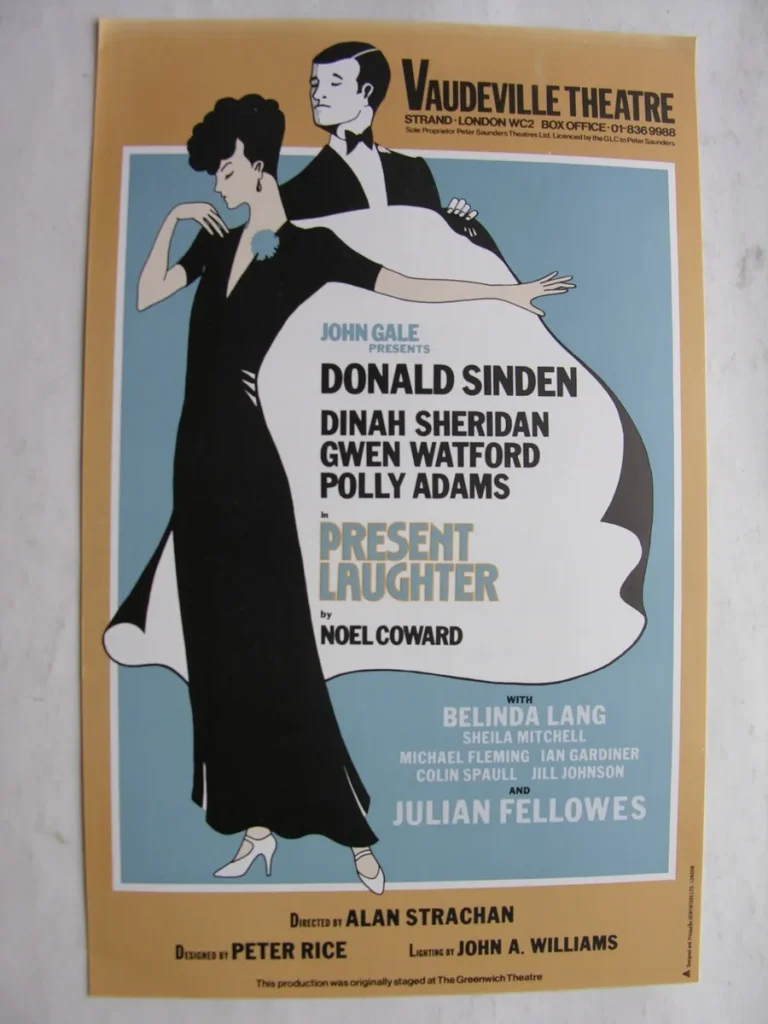
She entered films while still a teenager in 1936 and six years later played George Formby’s girlfriend in the Home Guard spoof, Get Cracking (1943). Beryl, the star’s formidably protective wife, approved Sheridan’s casting after establishing that she was married. Beryl kept a close eye on a scene in which Sheridan, in modest pyjamas, lay on a bed with George hiding under it.
Her film career developed slowly and did not start to take off until well after the war. She appeared with her first husband, Jimmy Hanley, in For You Alone and 29 Acacia Avenue, and played Steve in two cinema spin-offs from Francis Durbridge’s radio series about the detective Paul Temple. But she rarely escaped from the mediocrity of second features.
That changed when she was cast as the gamekeeper’s wife, the only female character, in Where No Vultures Fly (1951), an Ealing Studios homage to the British Empire which was chosen for the Royal Film Performance. She had a supporting part in David Lean’s The Sound Barrier and played a WAAF who falls for Dirk Bogarde in the Second World War drama, Appointment in London.
She was second choice for the part after a pregnant Margaretta Scott dropped out and was second choice again, after Claire Bloom, for Genevieve (1953), on which she finally achieved top billing. A spirited comedy built around the London to Brighton veteran car run, it became one of the most popular films of the year and an enduring classic. Sheridan had a potentially unrewarding role as the bickering, put-upon wife of John Gregson, particularly when set against Kay Kendall’s flamboyant free spirit. But she played it to great effect, adding a flair for comic timing to her usual charm and poise. Although this did not show on the screen, the film was shot in bitterly cold weather which compelled Sheridan to wear several layers of clothing.
In the following year she announced that she was giving up her career to marry John Davis, the managing director of the Rank Organisation. He was 13 years older and had been married four times before. Her marriage to Jimmy Hanley had been dissolved in 1953. After Genevieve the film offers came pouring in, but, true to her agreement with Davis that she abandon acting on marriage, she instructed her agent to turn them all down.



At first she seemed content to fulfil the duties of an executive’s wife and to look after her two young children by Hanley, as well as Davis’s children from his previous marriages. But the relationship with Davis was a volatile one and they divorced on the ground of his cruelty in 1965. She later returned to court to apply, successfully, for an increase in her lump sum settlement to the then considerable sum of £25,000. This was on top of £8,500 a year maintenance.
The marriage over, she resumed her acting career, though this time more for stage and television than the cinema. Although apprehensive about returning to the stage after so many years away, she made her comeback in a comedy, Let’s All Go Down the Strand, in the distinguished company of Gladys Cooper, Hugh Williams and Evelyn Laye.
Also on the stage, she played opposite Tony Britton, who would later partner her on television, in A Boston Story and the comedy, Move Over, Mrs Markham, toured with John Gielgud in Julian Mitchell’s Half-Life and supported Donald Sinden’s Garry Essendine in Present Laughter. In 1986 she was on the London stage in a revival of Shaw’s The Apple Cart with Peter O’Toole.
In 1968 she returned to television for the first time since before the war in an ITV play, The Contact. Other television included Oscar Wilde’s An Ideal Husband and The Winning Streak, a family drama about the garage trade in Yorkshire. But her best-known role was the estranged wife of Dr Latimer (Tony Britton) in the BBC comedy, Don’t Wait Up, which also starred Nigel Havers as her also divorced doctor son.
Written by George Layton, and drawing on his own experience of divorce, Don’t Wait Up was an easygoing and immaculately performed show which ran for a number of series during the 1980s. Sheridan later had guest spots in TV series such as Keeping Up Appearances, Lovejoy and Jonathan Creek.
She gave an engaging performance as the mother in Lionel Jeffries’s affectionate version of The Railway Children (1970), her first film since Genevieve, but apart from joining the all-star cast on an Agatha Christie whodunnit, The Mirror Crack’d (1980), she was virtually neglected by the cinema thereafter.
Beautifully turned out and wearing her years lightly, in 1983 she was named as one of Britain’s five most sophisticated women by the London fashion house Butte Knit.
After her divorce from Davis, she had a long relationship with the actor Jack Merivale, nursing him through a kidney disease. After 18 years together they married in 1986. He died in 1990. Two years later she married her fourth husband, Aubrey Ison, an American businessman, and retired to California. She moved back to England after his death in 2007.
Her son, Jeremy Hanley, was elected a Conservative MP in 1983, became party chairman under John Major and was knighted. Her daughter, Jenny Hanley, was an actress
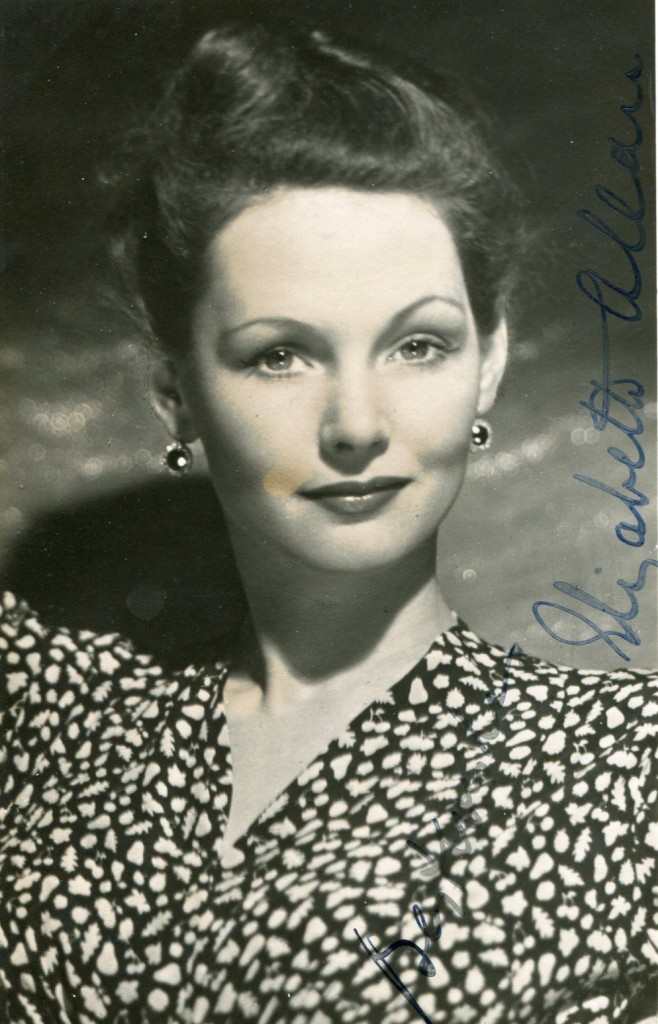
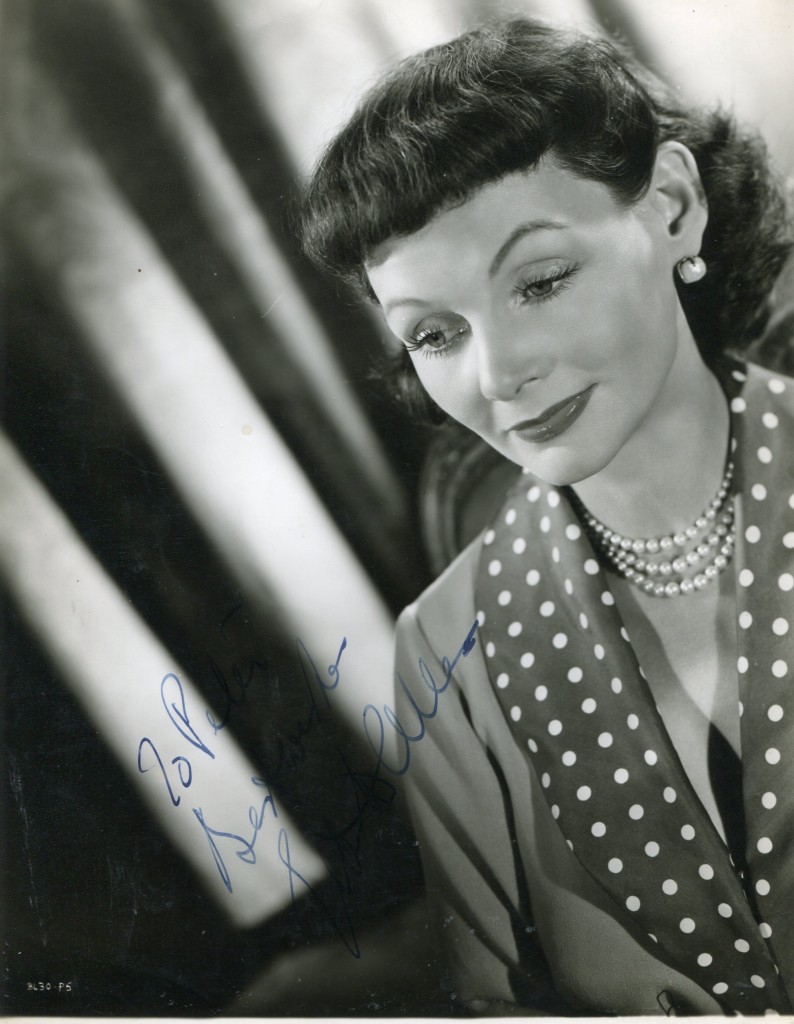
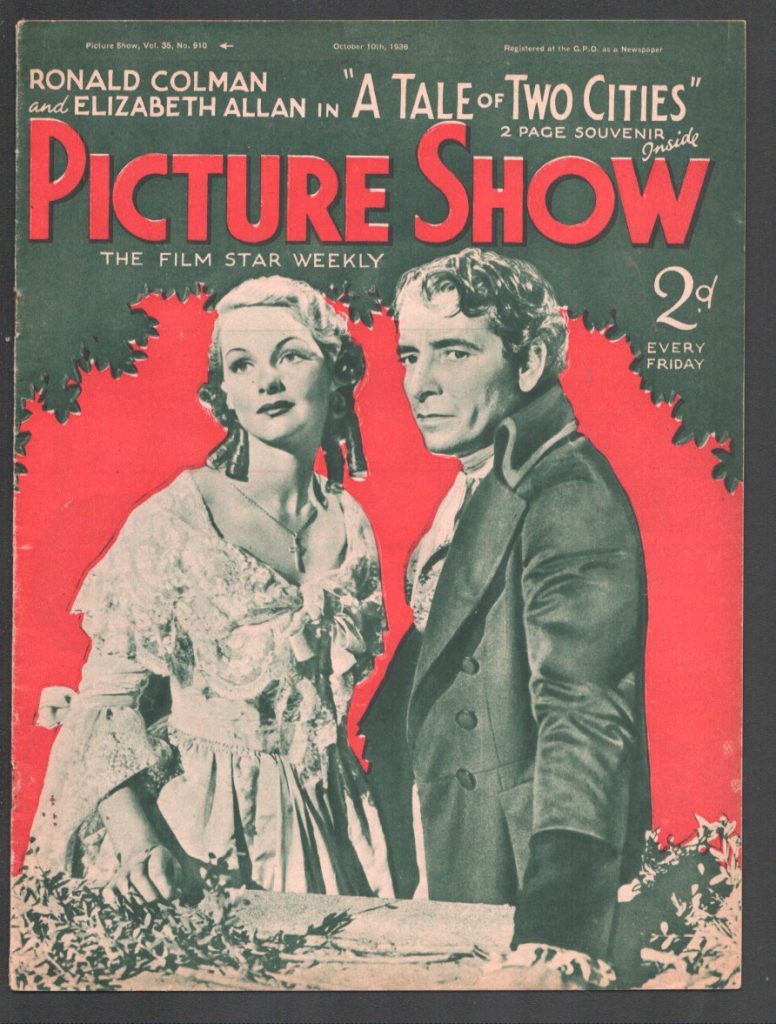
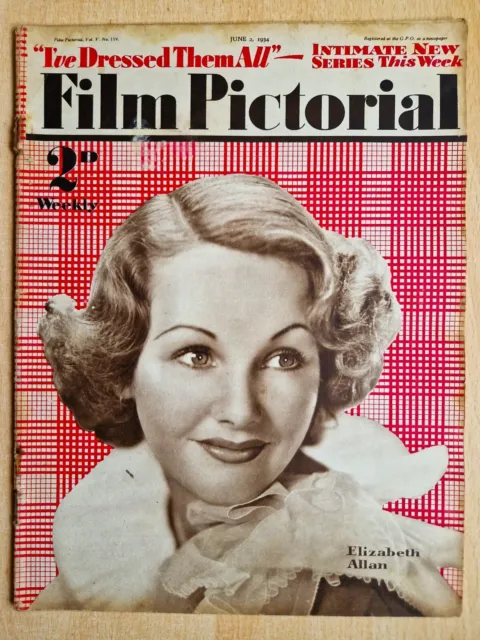
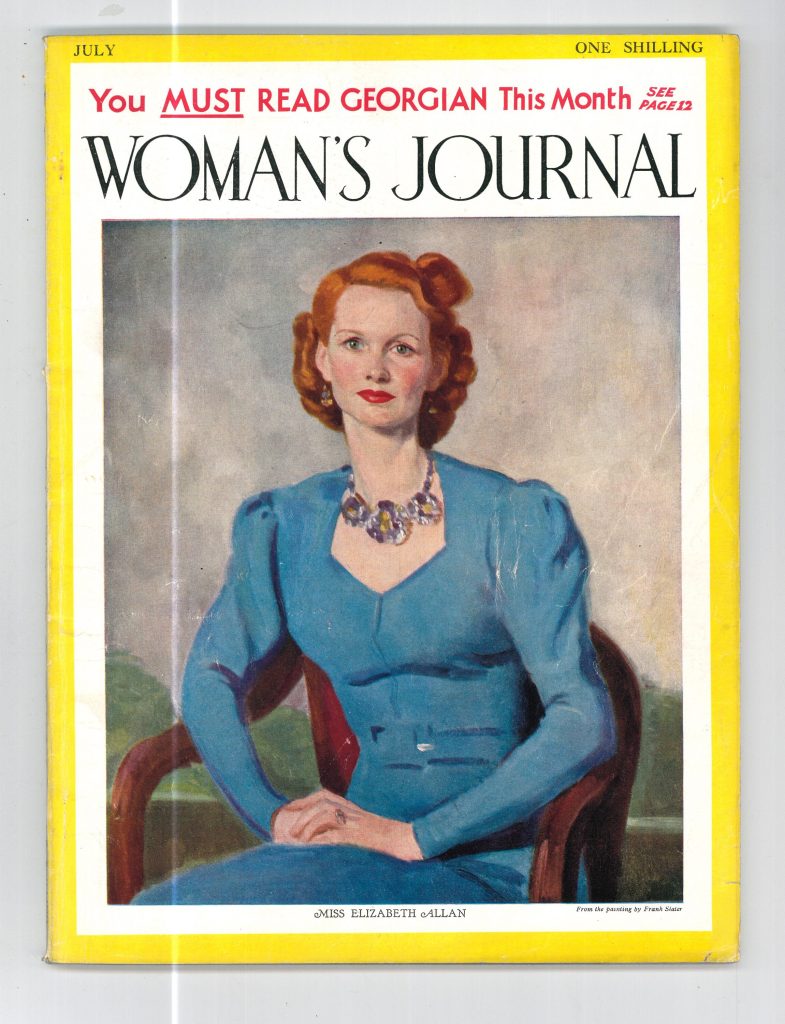
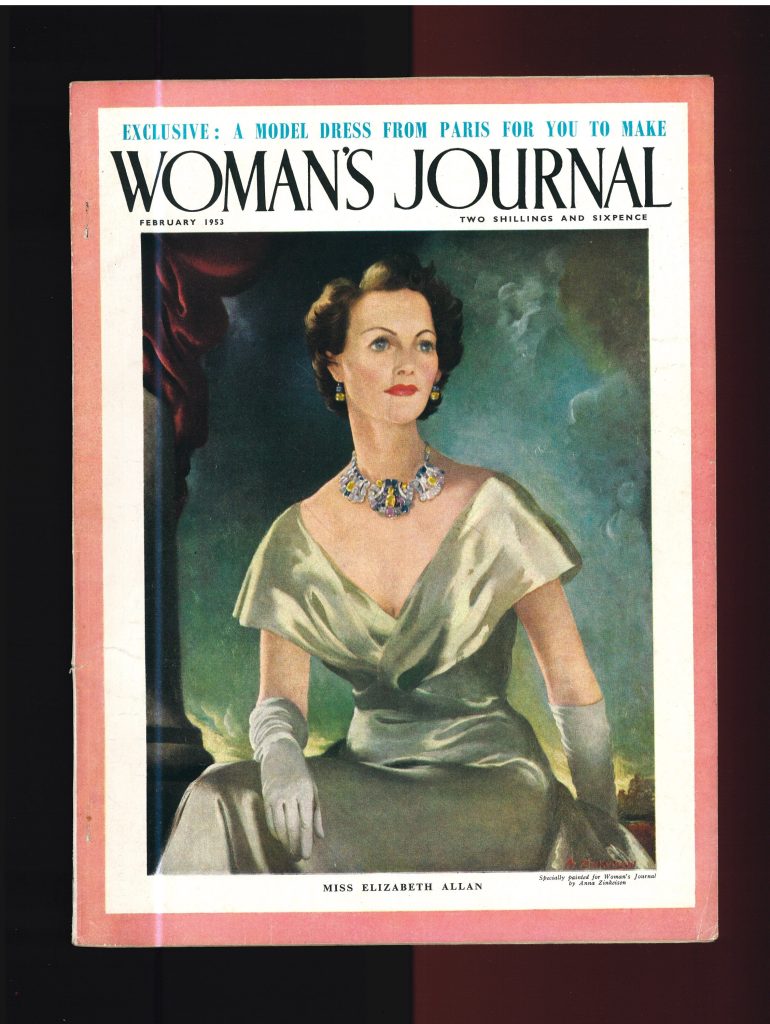
Elizabeth Allan was born in England in 1908. She began her career in British films with “Alibi” in 1931. By 1934 she was in Hollywood where she tended to play gentle roles such as Clara Copperfield, mother of David in “David Copperfield” and Lucy Manette in “A Tale of Two Cities” opposite Ronald Coleman. In 1938 she returned to England and resumed her career there. Among her British films, the better known are “Went the Day Well” in 1942 and “The Heart of the Matter” in 1953. She was married to the famous theatrical agent Bill O’Brien. Elizabeth Allan died in 1990 aged 82.
“Quinlan’s Movie Stars”:
Genteel, gracious dark-haired English leading lady adept as frightened misses early in her career. She was under contract to MGM in Hollywood where she played well-bred heroines, often in period dramas. Returning to Britain in 1938 after a dispute with her studio after she was dropped from “The Citadel”. In the UK she appeared as upper-class wives often in undistinguished films. Latterly become popular on TV on game shows.
A Reminiscence by longtime friend Rob McKay:
Elizabeth Allan was an amazingly beautiful creature. with a perfect 36-24-36 figure. To really understand Liz, you have to realize that the center of her life for 47 years was her husband, theatrical agent Bill O’Bryen. Actor Herbert Marshall introduced Liz and Bill in 1930, and it was truly a marriage made in heaven.
In later years, Liz and Bill helped establish many younger artists in the London Theatre, most notably Paul Scofield.
When Bill suffered several strokes in the early 1970s, Liz nursed him at home until his death in 1977. Afterwards, she went into a very deep depression that lasted for some years. I knew her from this time until her death. She was very religious, a Roman Catholic, and went to church almost every day. I used to stay with her at her seaside house in Hove (Brighton) during my trips to Britain.
Liz was a lovely, dear woman who cared much more for others than herself. Once when I was visiting her, I mentioned that my mother was interested in Majolica pottery. Unknown to me, Liz called all over Brighton and Hove so she could present me with a list of antique dealers who had Majolica in stock.
I really miss her.
The “George Formby” website article on Elizabeth Allan can be accessed online here.
Interesting article from Immortal Emhemera BY Cliff Aliperti:
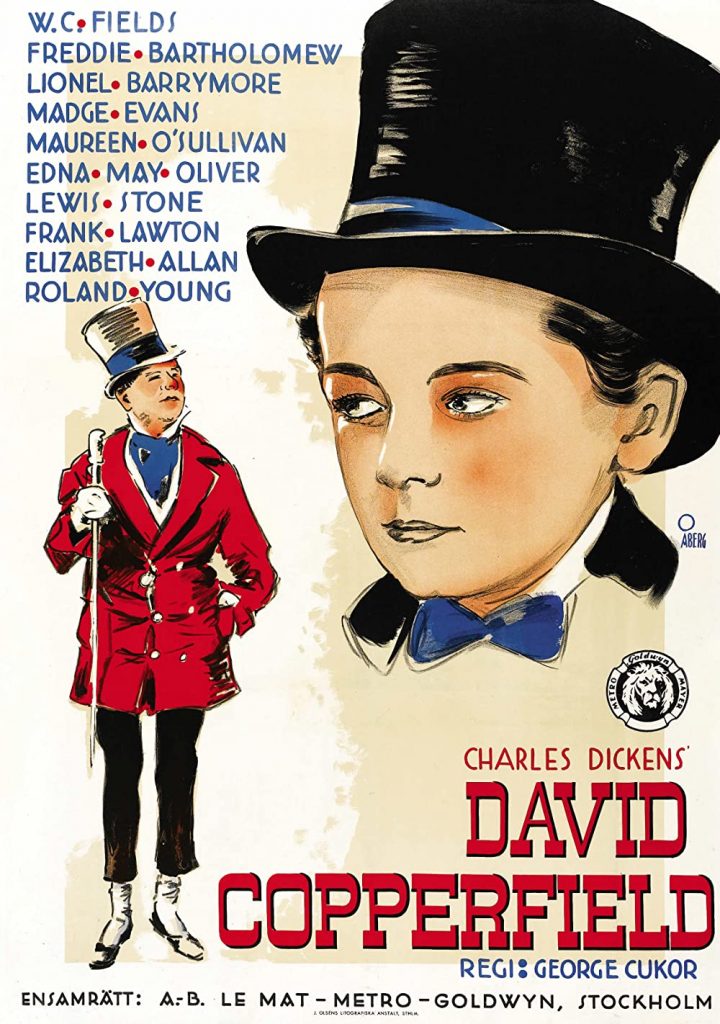
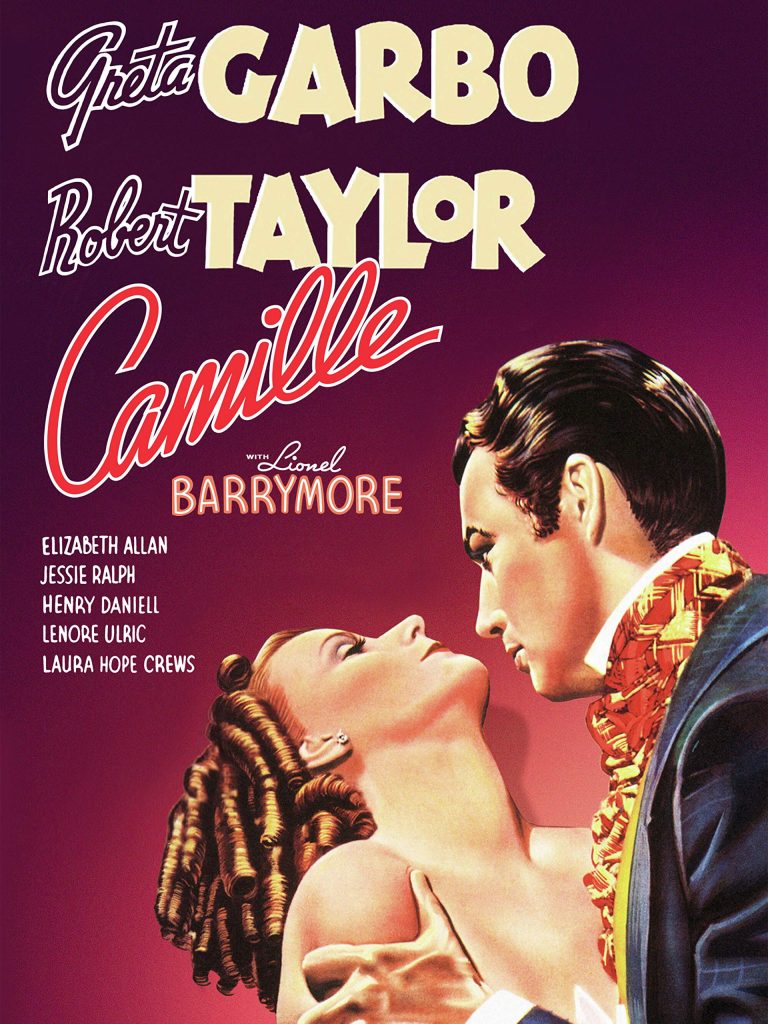
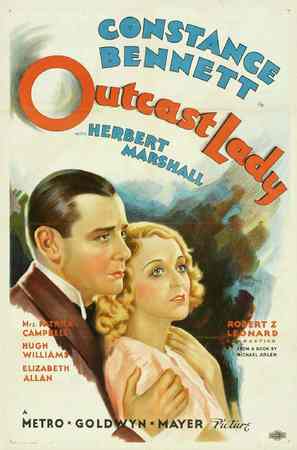
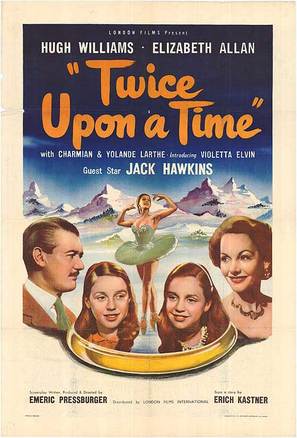
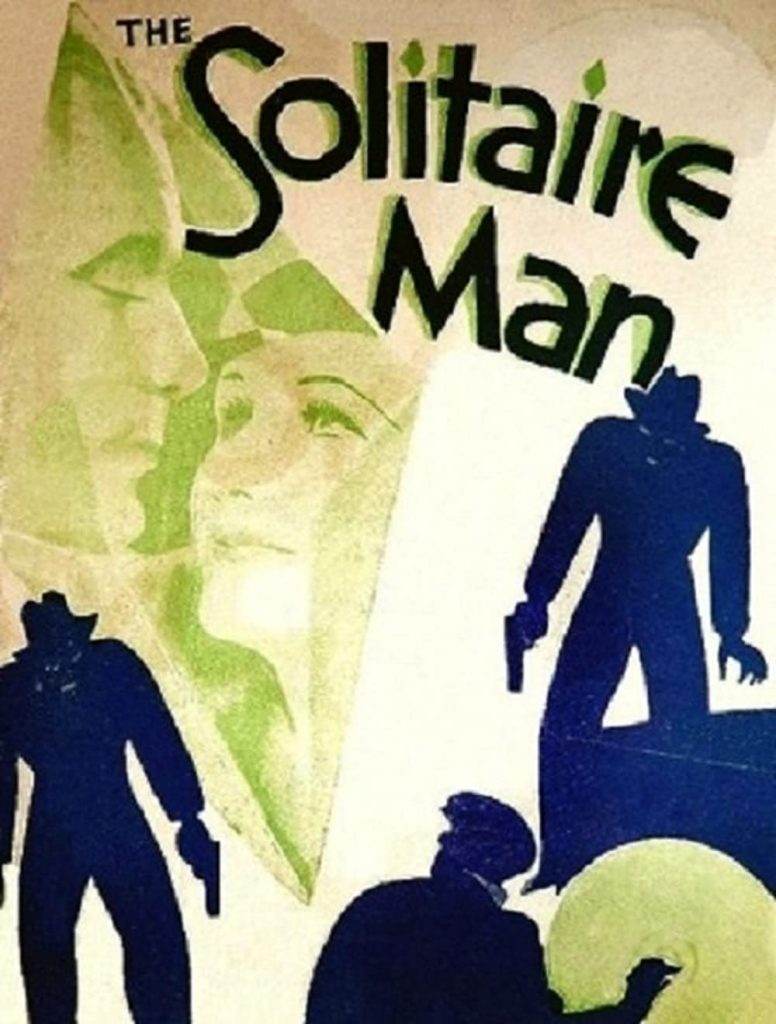
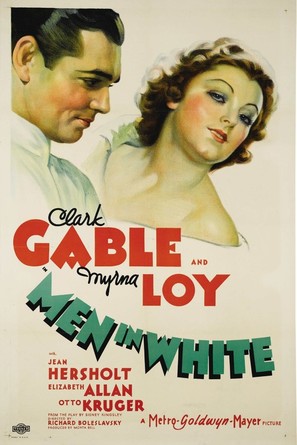
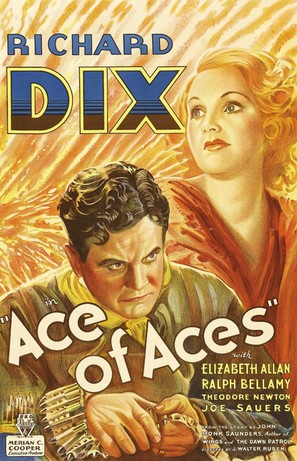
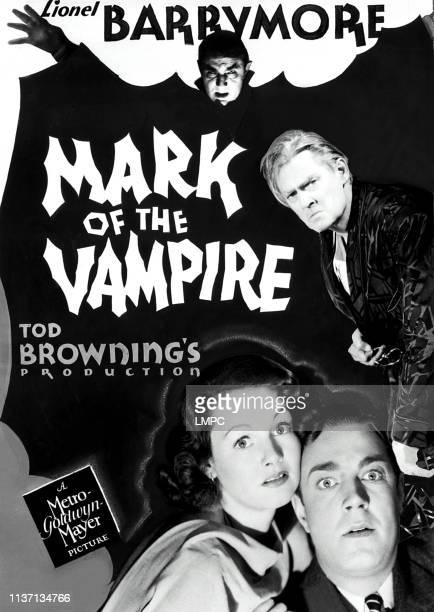
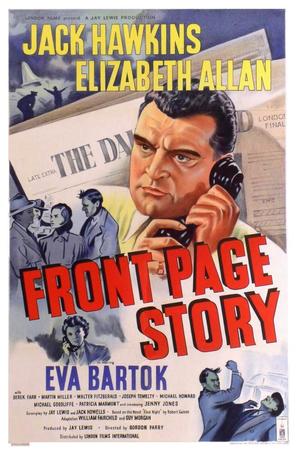
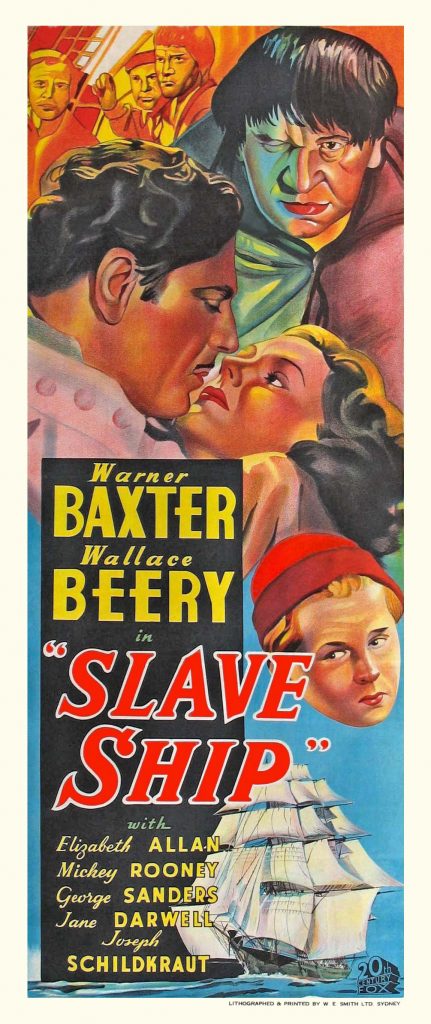
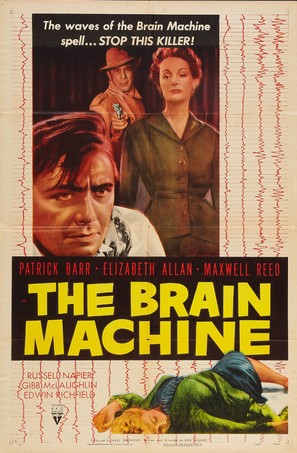
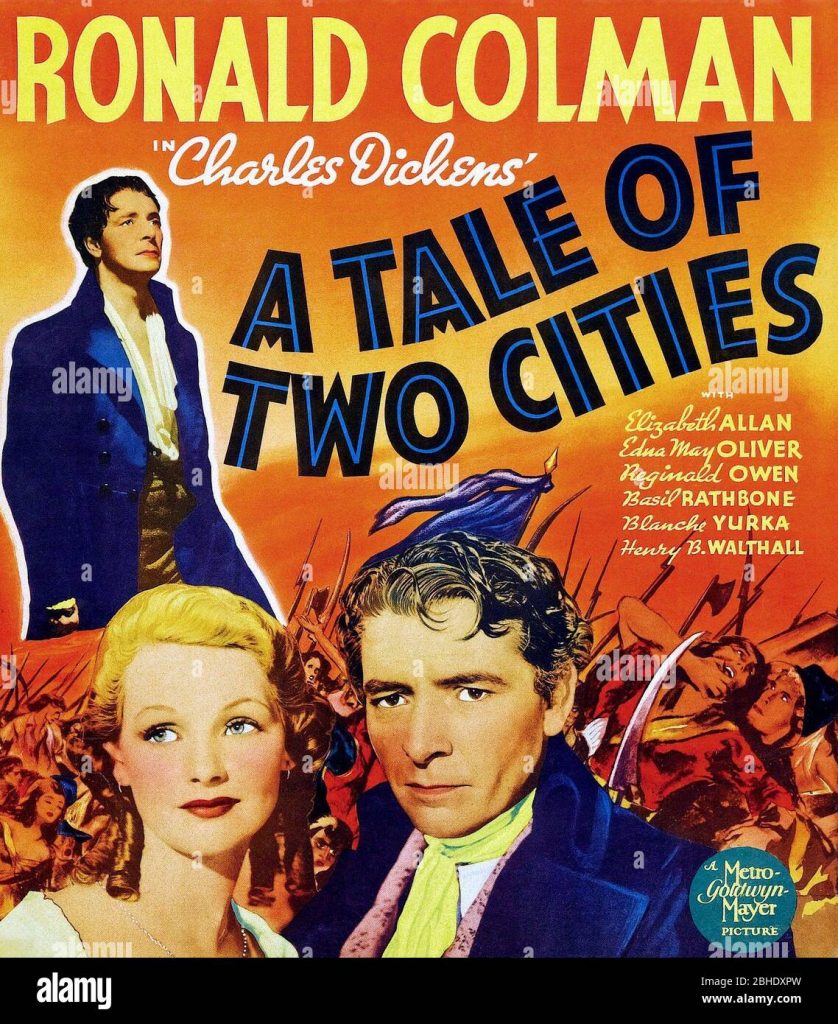
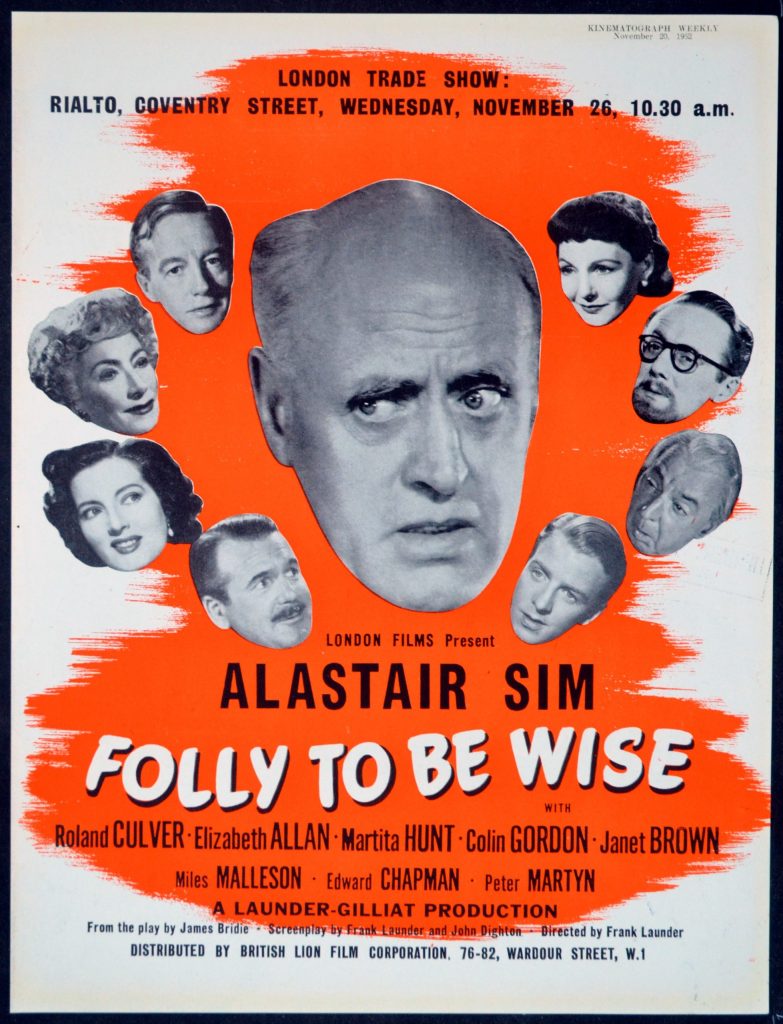
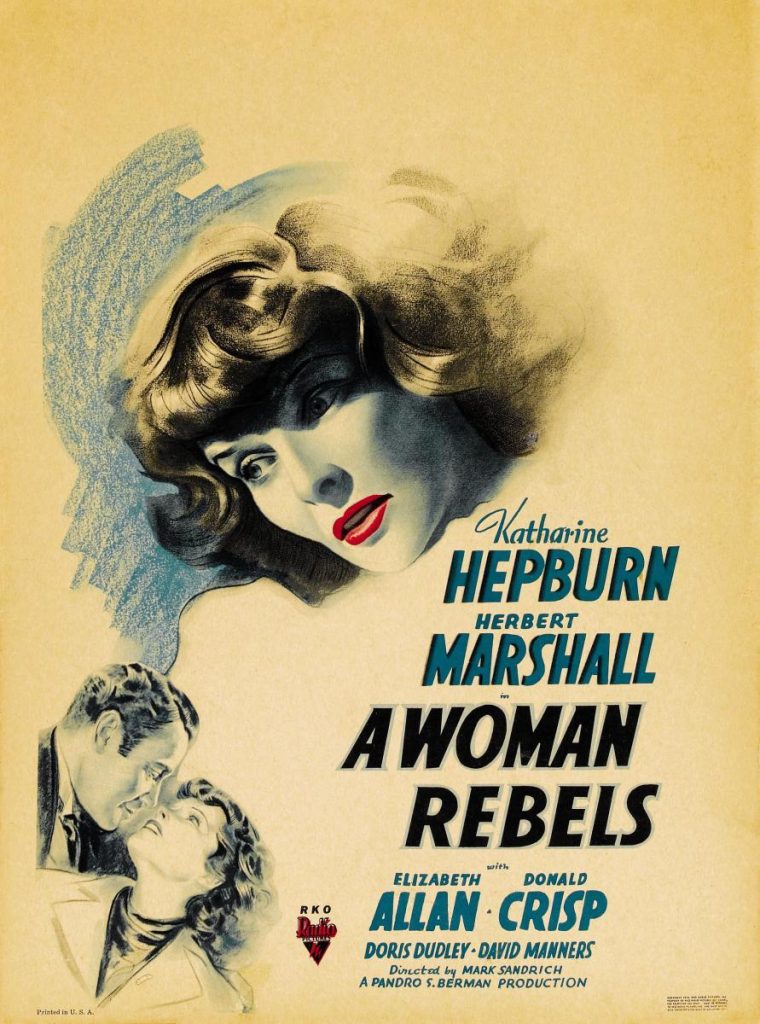
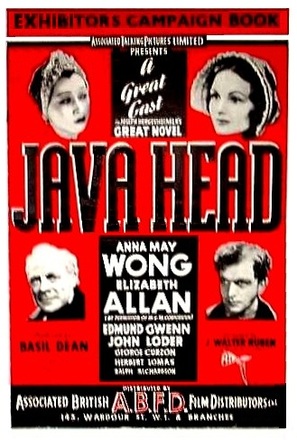
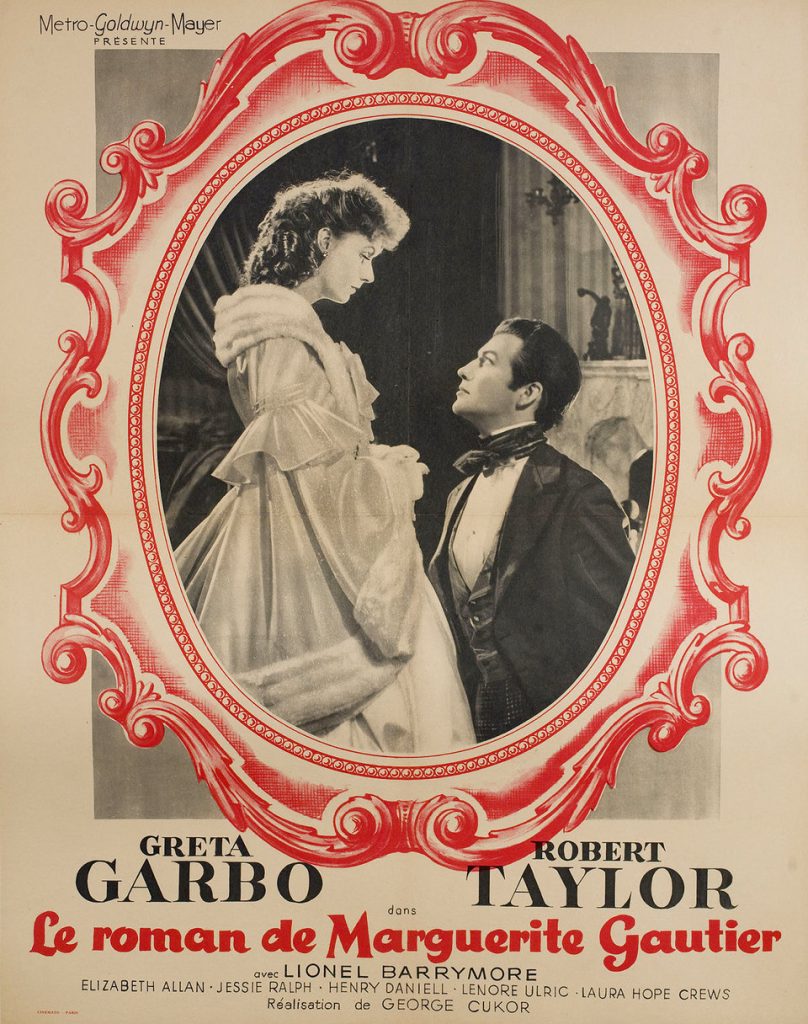
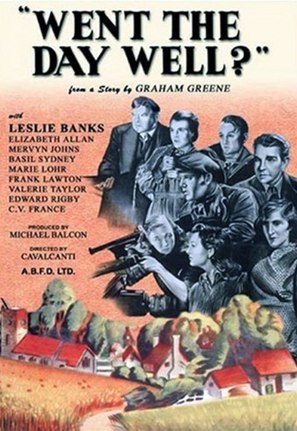
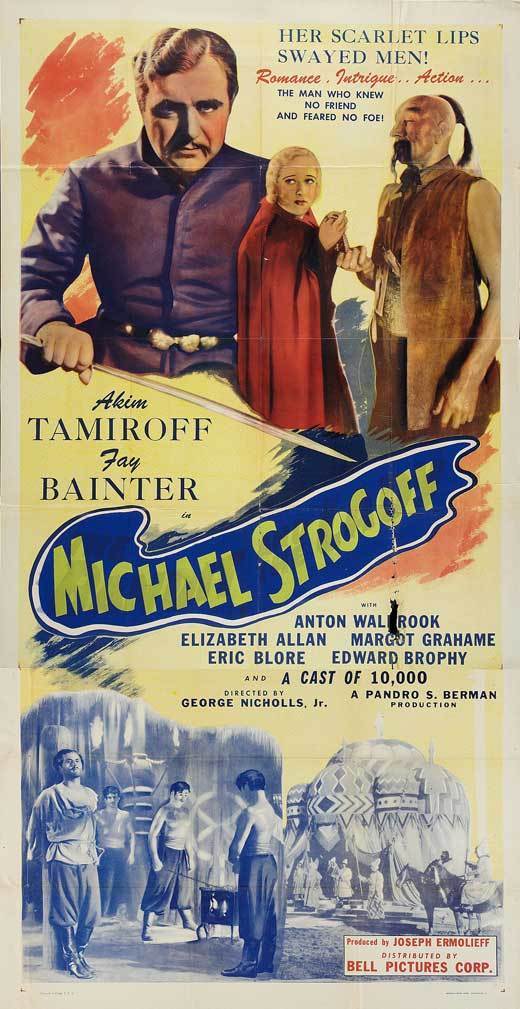
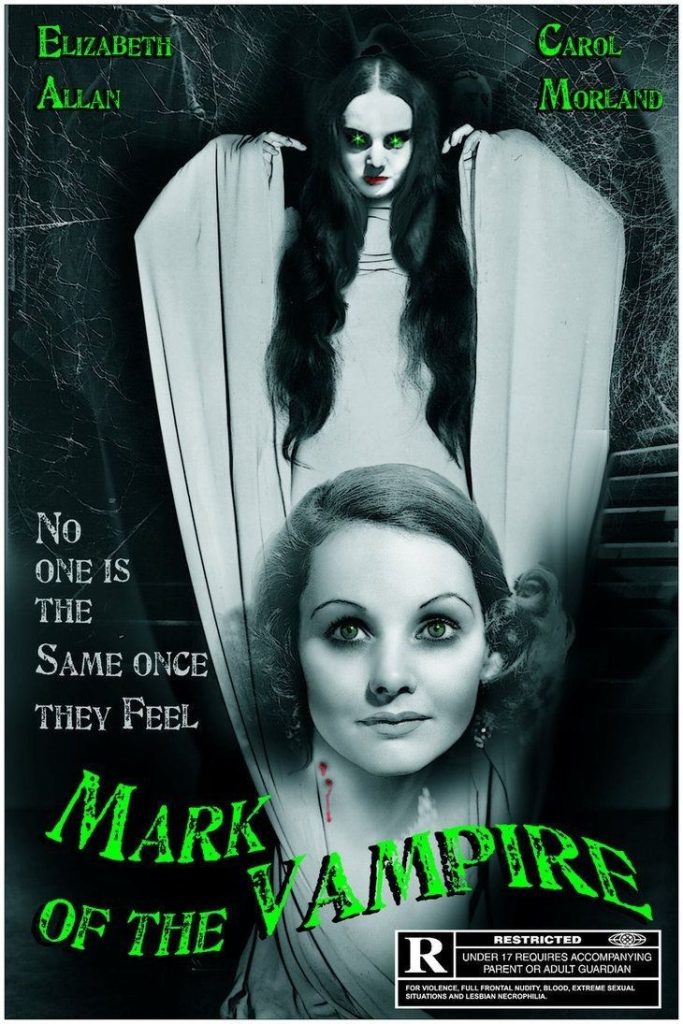
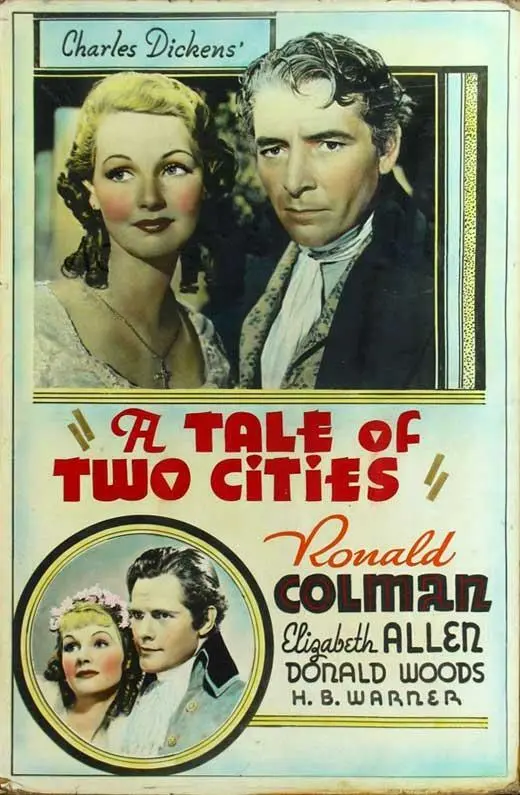
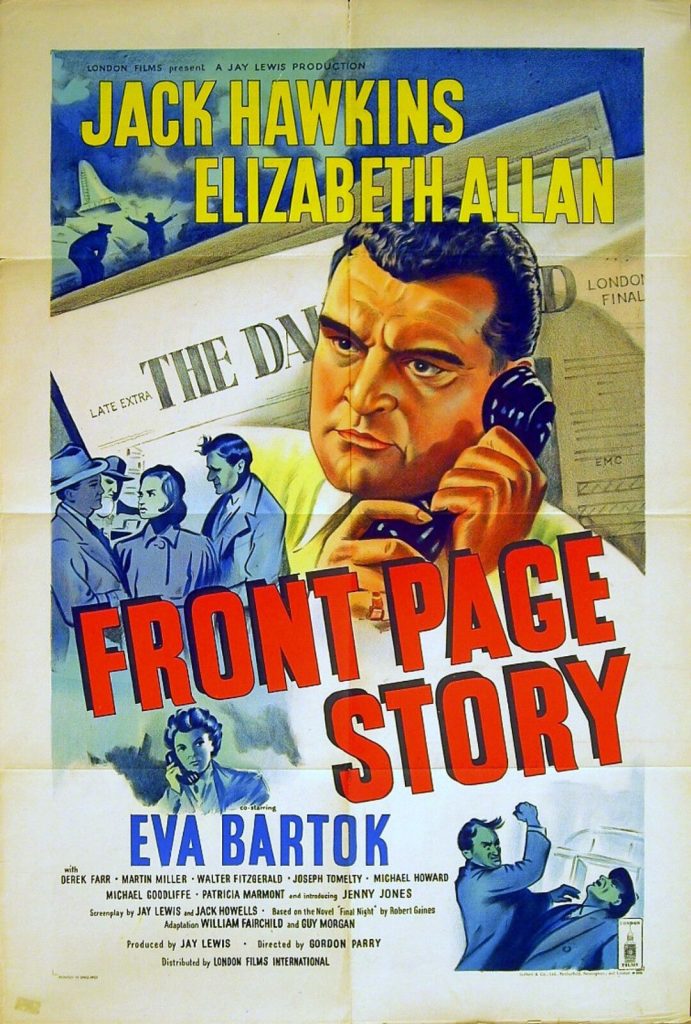
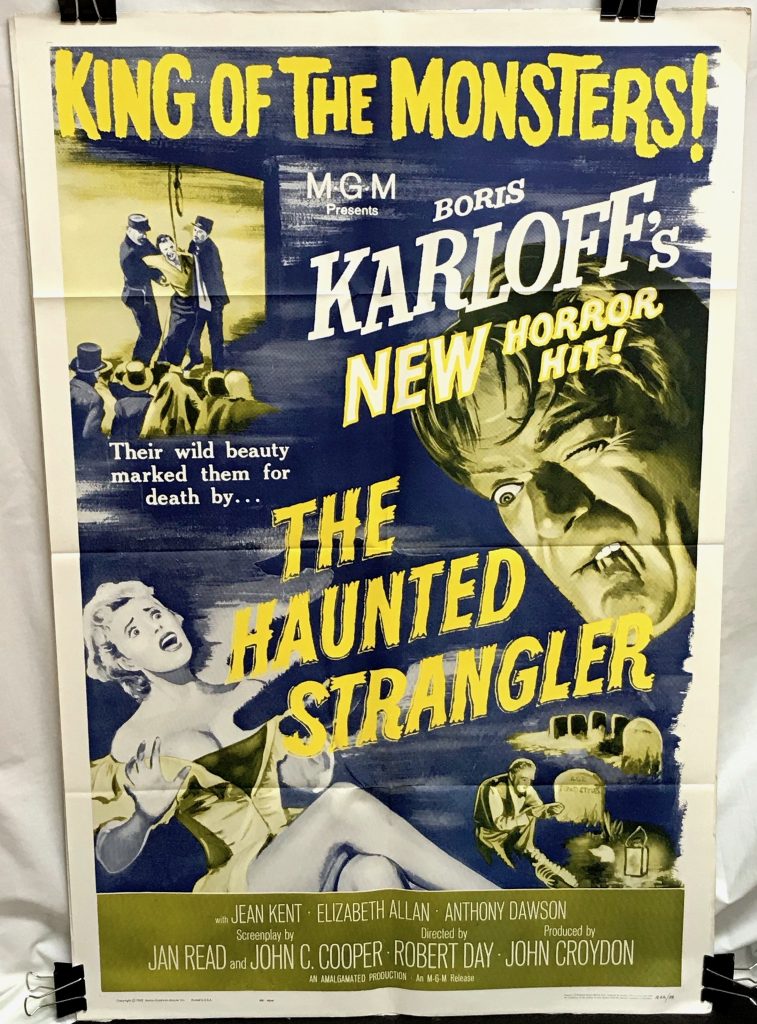
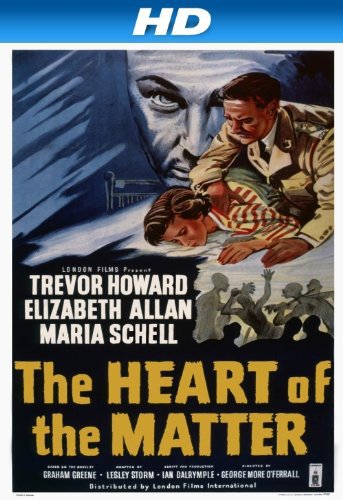

Edward Duke was born in 1953 in London. His first film was “Silver Bears” in 1978. His other films inclunding “The French Lieutenant’s Woman” and “Invitation to the Wedding”. Edward Duke died in 1994 at the age of 40.
The “Independent” obituary:
Half the art of acting English comedies of manners consists in making those manners seem normal; and it is because so few actors since the Second World War have been able to do so that drawing- room comedy has grown so scarce. Duke had it at his fingertips. Not that he had reached the heights of a form of theatre which may one day return to fashion if more players of his quality can be found to practise it; but he had made such steady progress by way of Wodehouse, Pinero and Coward that it seems sad indeed that his career should have been cut so short.
What could have been a truer sign of his value to the theatrical drawing-room than that he should have had a role as apparently vacuous as the bachelor house guest in the present West End revival of Relative Values and fill it with the kind of languorous charm and drawling speech rhythms that made Coward’s characters seem intolerably snobbish in their day (1951) but so funny now? All he had to do was to butt in on other people’s conversations, throw in a sardonic observation or two, and just be present when someone needed someone to talk to.
Older playgoers might have once cast Hugh Williams for such a part, or Ronald Squire; for it takes real skill on the stage to look at ease when one has nothing much to say and even less to do; and Duke, who played the part so ably at Chichester but was too ill to resume it for the transfer to the restored Savoy, conferred precisely the mixture of dry courtesy and amused disdain necessary to such a socially conscious occasion.
He had seemed to possess it from the start. It is certainly not easy for an actor to acquire it. No one was surprised to learn that his father had been a diplomat, that the family had lived abroad, or that the novels of PG Wodehouse had been among the favourite reading of the young actor to be during his days in rep. What did raise eyebrows was his monocled assumption, alone in his mid-twenties in the studio of the Lyric, Hammersmith, of Bertie Wooster and the rest of the Master’s chumps and blighters, squirts and coves, and good and baddish eggs in a show called Jeeves Takes Charge.
It took charge of him on and off for 12 years; and though Jeeves did not in fact take charge of the entertainment so much as all the uncles and aunts, schoolgirls and chums, of the redoubtable Wooster, it remained a clever adaptation of the story and it made an unknown actor famous.
Having begun it in a Putney pub one lunchtime in the late 1970s, he took it round the world – North America, Australia, Taiwan – winning, apart from prizes abroad, the Laurence Olivier Award as the West End’s most promising actor of 1980.
While such one-man shows give an actor something to fall back on as well as every chance to show his paces, Duke also knew how to revive with the correct kind of social poise and elegance Coward’s characters – Victor, for example, in Private Lives (Aldwych, 1990) – and Pinero’s people in Preserving Mr Panmure at Chichester and Trelawney of the ‘Wells’ in the West End.
Who can say what he might not have done had he been able to act in Lonsdale, Maugham, or William Douglas Home if their chance ever came round again?
The above “Independent” obituary by Adam Benedick cn also be accessed online here.
Although David Knight is a U.S. born actor, virtually all his cinema career has been in the British Isles.


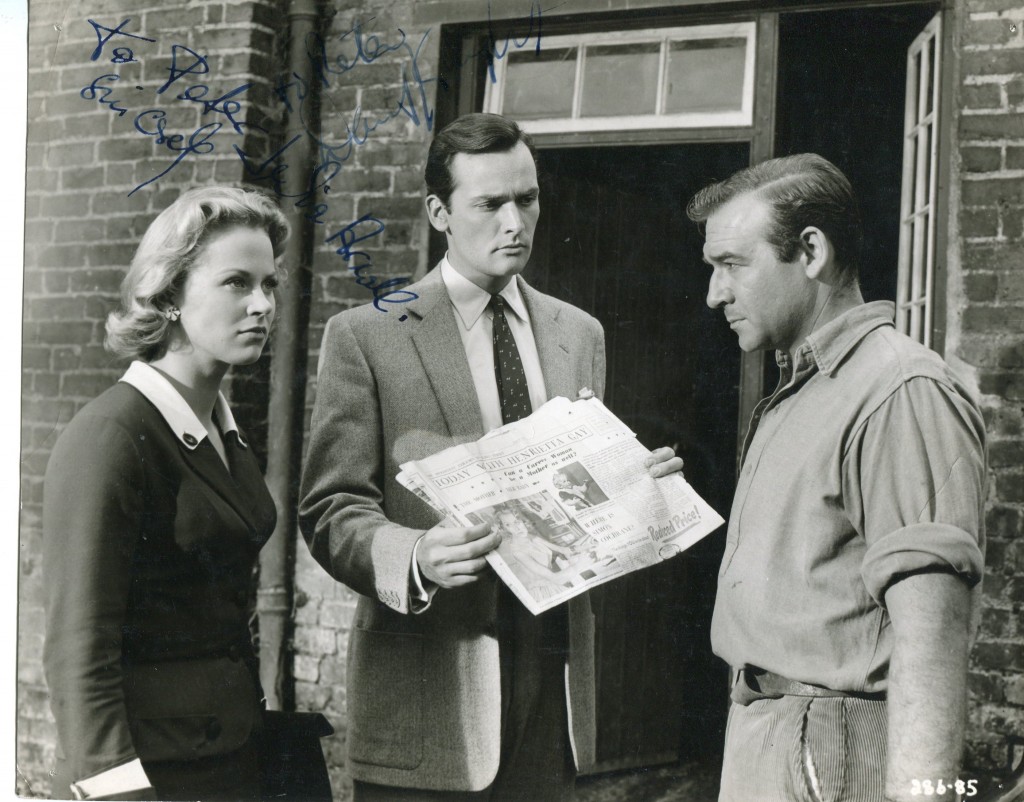
He was born in 1928 in Niagara Falls. He had lead roles from his first film “The Young Lovers” in 1954 with Odile Versois.
His best film is probably “Lost” in 1955 with Julia Arnall. This film features a wonderful collection of British actors in small parts e.g. Barbara Windsor, Joan Hickson, Shirley Anne Field, Thora Hird, Joan Sims and Marjorie Rhodes.
David Knight’s last UK feature was “Nightmare” in 1964. After a further few years of television work, he returned to theatre work in the U.S.
IMDB entry:
David Knight was born on January 16, 1928 in Niagara Falls, New York, USA as David Stephen Mintz. He is an actor, known for Nightmare (1964), Chance Meeting (1954) andAcross the Bridge (1957). He is married to Wendy McClure. They have two children.


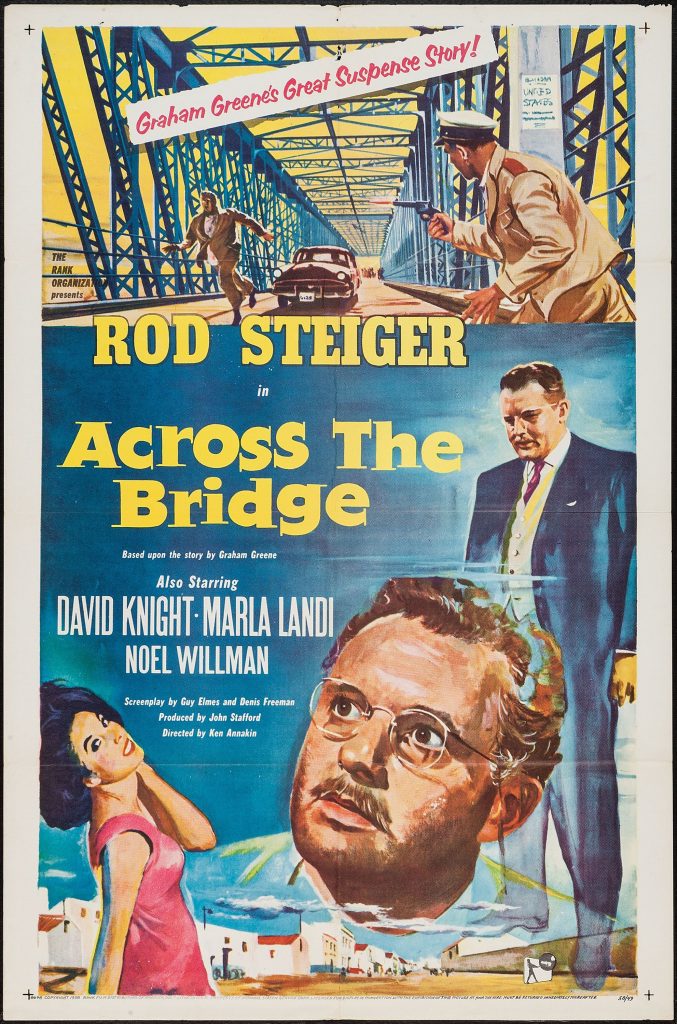



On Sunday, December 20, 2020 David Stephen Knight, actor and professor of theatre, loving husband to Wendy McClure Knight, and father of two children passed away at the age of 92. David Knight was born January 16, 1928 in Niagara Falls, New York to parents The Reverend Eugene Mintz and Leticia Knight-Mintz. He grew up in New Jersey and attended college at Syracuse University in New York and Whittier College in California before receiving a Fulbright Scholarship to study at the Royal Academy of Dramatic Arts in London in 1952.
He was quickly contracted to The Rank Organization and acted in more than 10 movies including The Young Lovers (1954), On Such a Night (1956), Across the Bridge (1957), A Story of David: The Hunted (1960), and Nightmare (1964). He also starred in numerous television shows and theatre productions in London’s famous West End, including starring as Bud Frump in the original London production of “How to Succeed in Business Without Really Trying” at the Shaftesbury Theatre (1963-1964) and The Lives of Benjamin Franklin (1974). He was a member for the British Actors’ Equity organization in the United Kingdom since the 1950s, and the U.S. Actors Equity Association since the mid-1970s.
David met Scottish dancer and actress Wendy McClure and the two were married on November 25, 1963. The couple had two children, Eugene and Moyra, while living in London. In 1975, during the economic downturn in the United Kingdom, he moved with his family to Winnipeg, Manitoba to teach theater at the University of Manitoba. A year later, in 1976, the family moved to Urbana, Illinois where he was professor of theatre and subsequently became Head of the Theatre Department at the Krannert Center for the Performing Arts at the University of Illinois. There, he partnered with his wife to develop the nationally-ranked professional acting program and the Illinois Repertory Theater where he was Artistic Director.
David and his wife Wendy retired from the university in August 20, 1997 as Professor Emeritus in Theater, and where the David and Wendy Knight undergraduate endowed scholarship remains to assist aspiring acting students. He influenced hundreds of students throughout his tenure, many of whom have highly successful careers in the arts today. After retirement, David and Wendy moved to Westminster, Colorado, where they had previously worked at the University of Colorado Shakespeare Festival. David starred in “Macbeth” and codirected “Comedy of Errors” with Wendy in 1982 and 1983 respectively. In retirement, they traveled extensively, and continued to support the arts by attending the Colorado Symphony Orchestra and the Central City Opera. They celebrated 57 years of marriage on November 25, 2020.
In addition to being a brilliant actor with a remarkable natural talent, David was a gifted teacher with a powerful work ethic who was dedicated to the craft of acting. In his personal life, he was a loving father, a dedicated husband, a voracious reader, and a leader in his community. He is survived by his wife Wendy, children Eugene Knight (wife Chutima) and Moyra Knight (husband Michael MacLean), grandchildren Ewan and Annabelle MacLean; Jupiter, Joseph, and Jasper Knight, and brother Eugene Mintz.
“For now we see through a glass darkly; but then face to face: now I know in part; but then shall I know even as also I am known.” (1 Corinthians 13
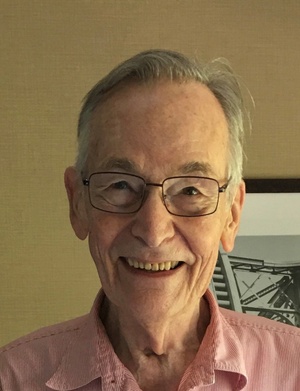
Anyone who knows me are aware that I am a bit of a movie buff. Over the past few years I have been collecting signed photographs of my favourite actors. Since I like movies so much there are many actors whose work I like.